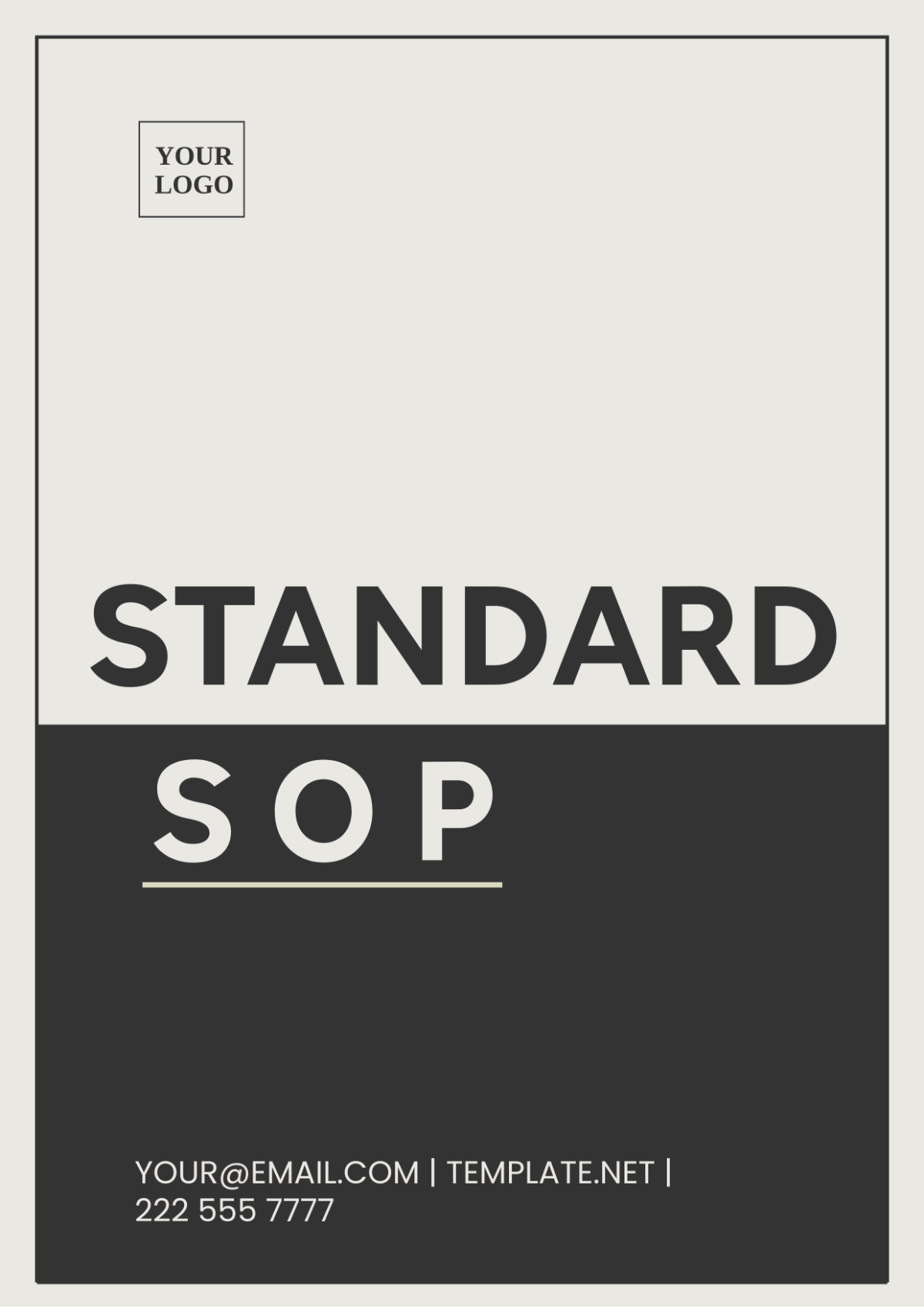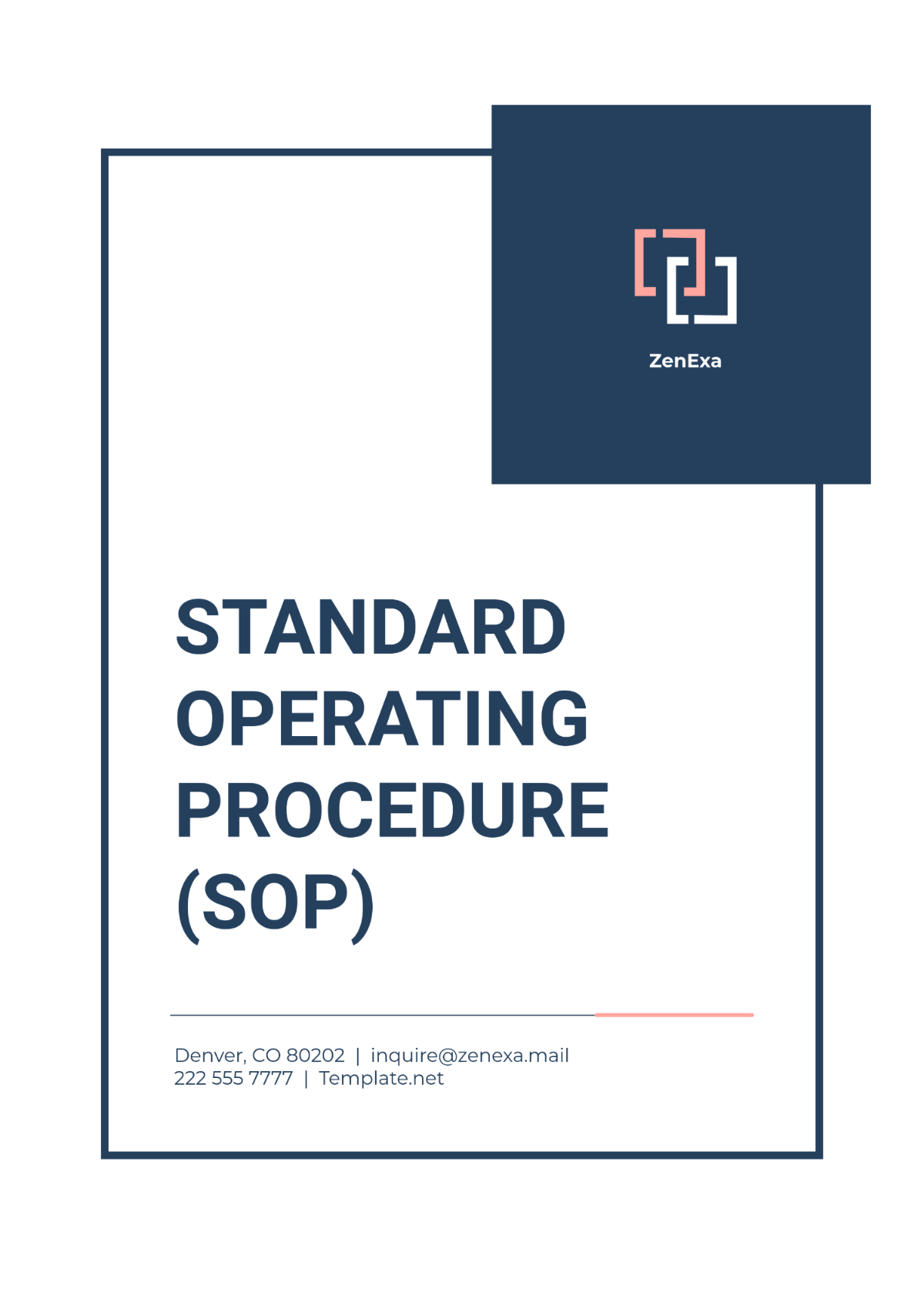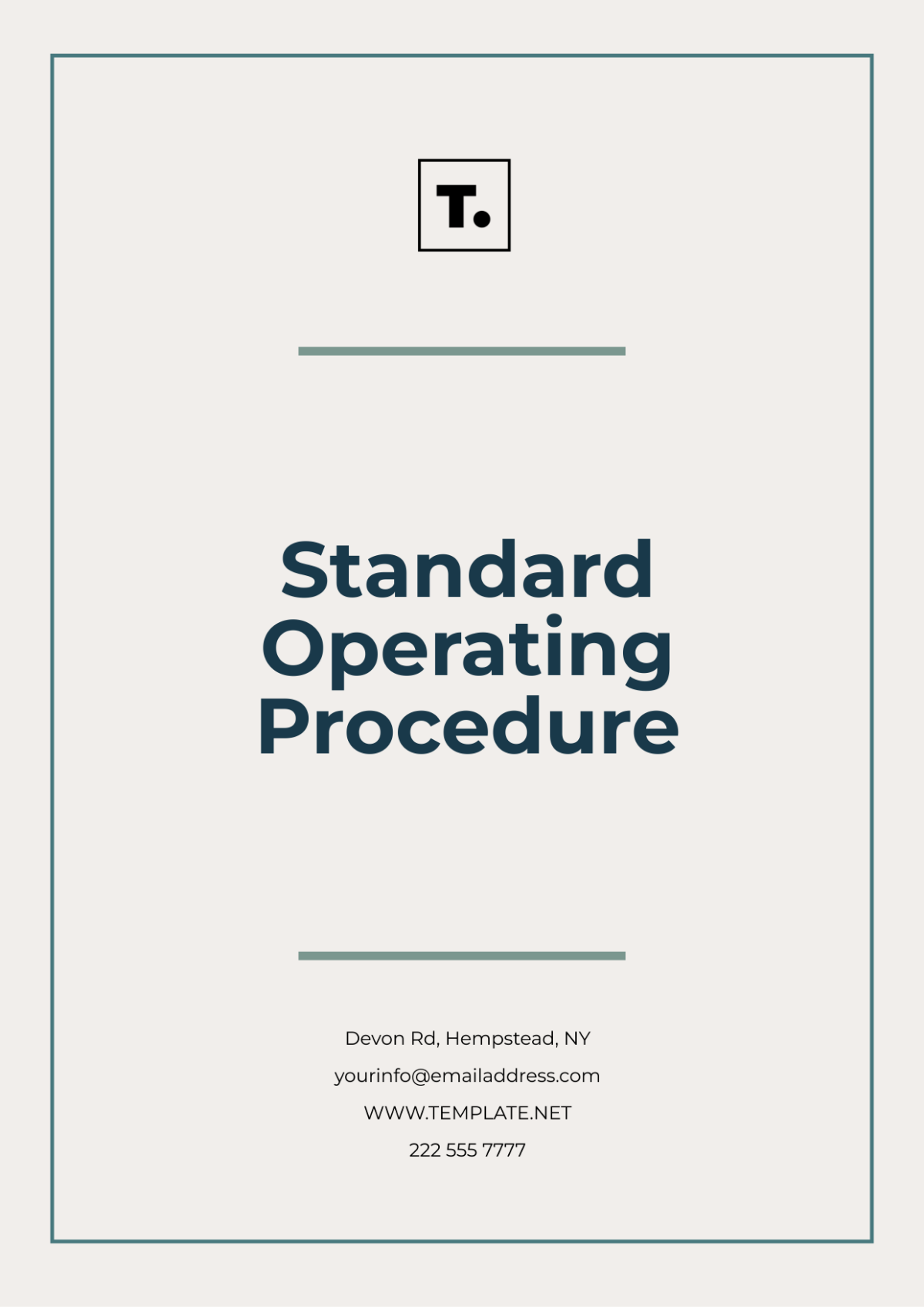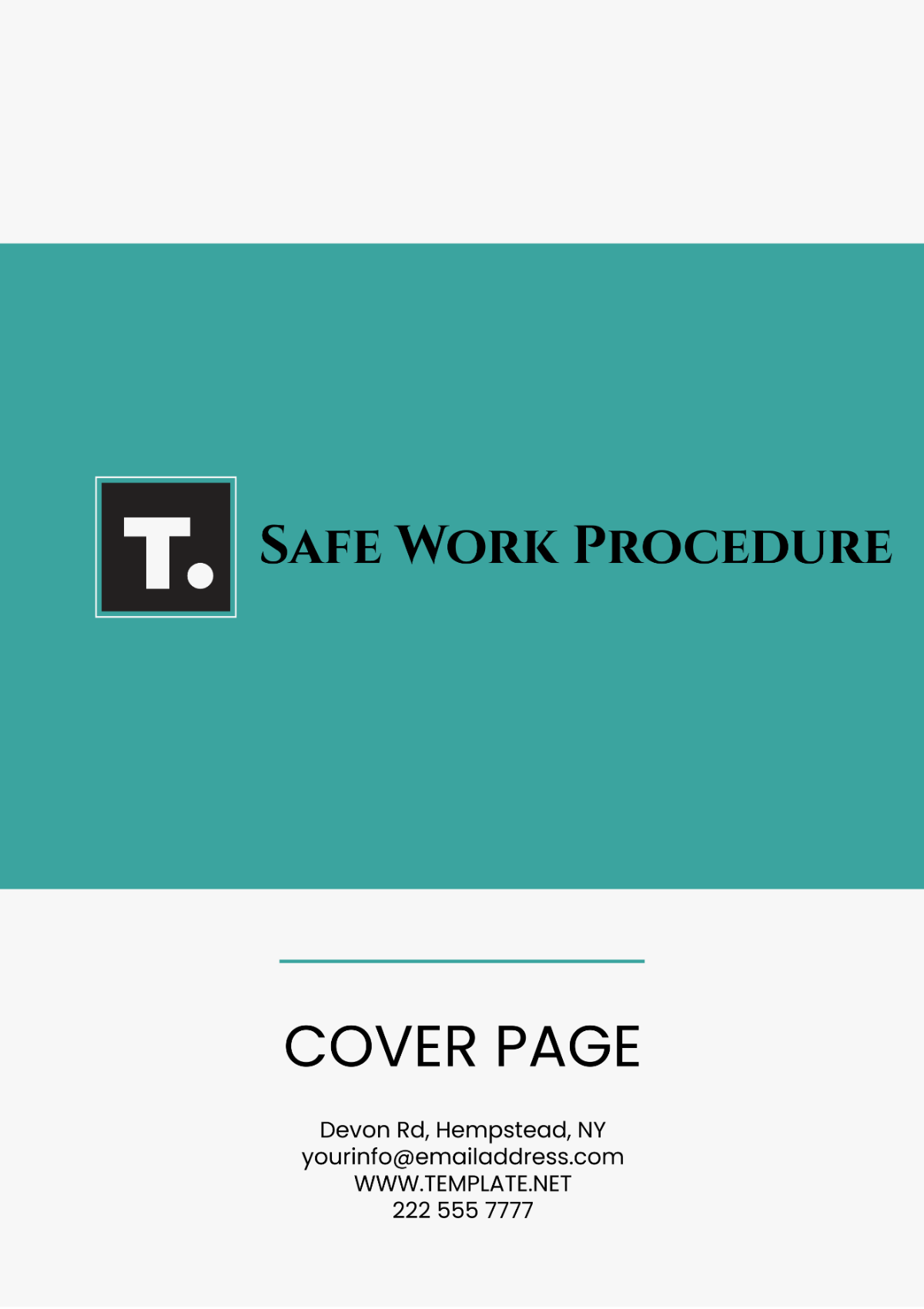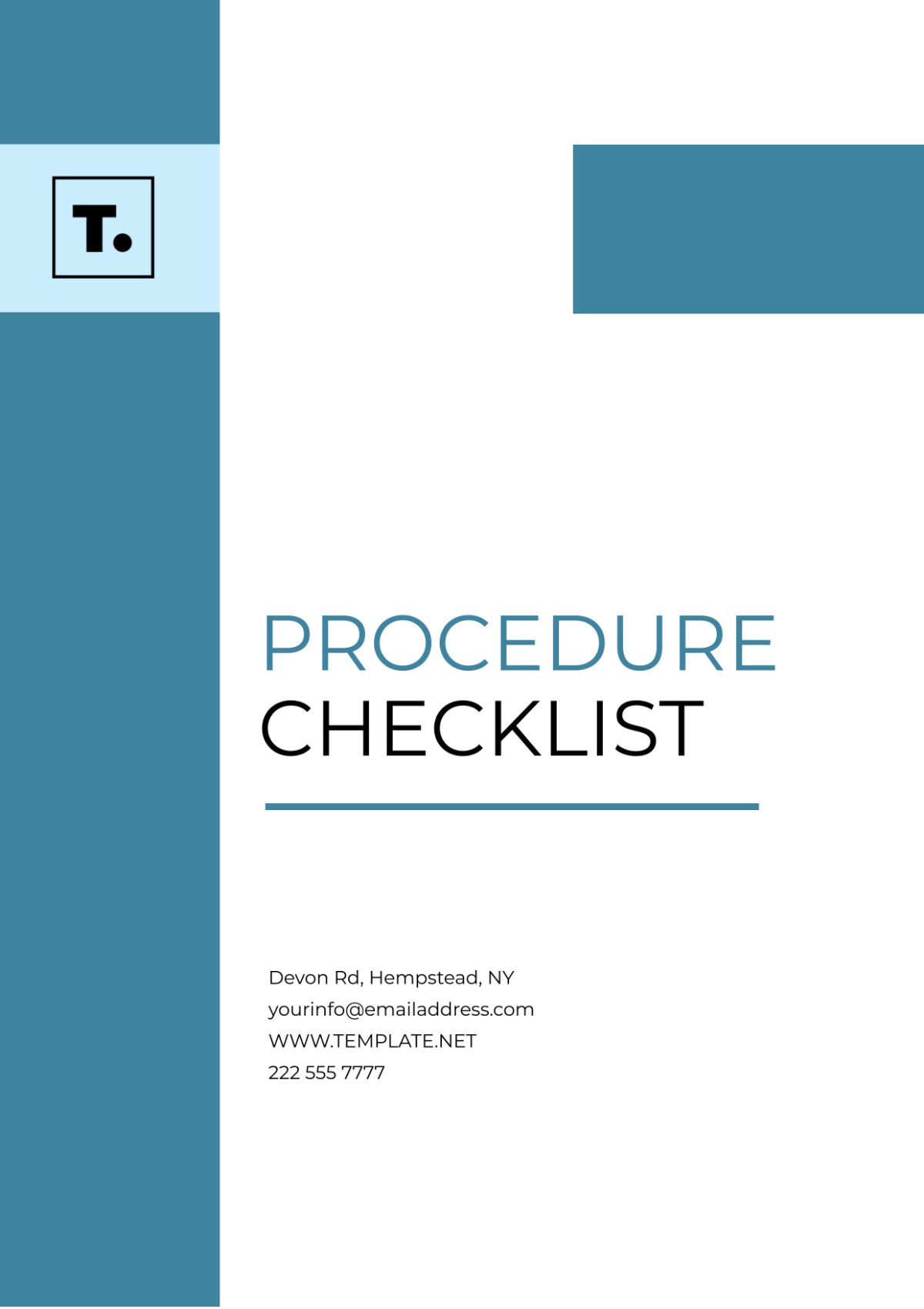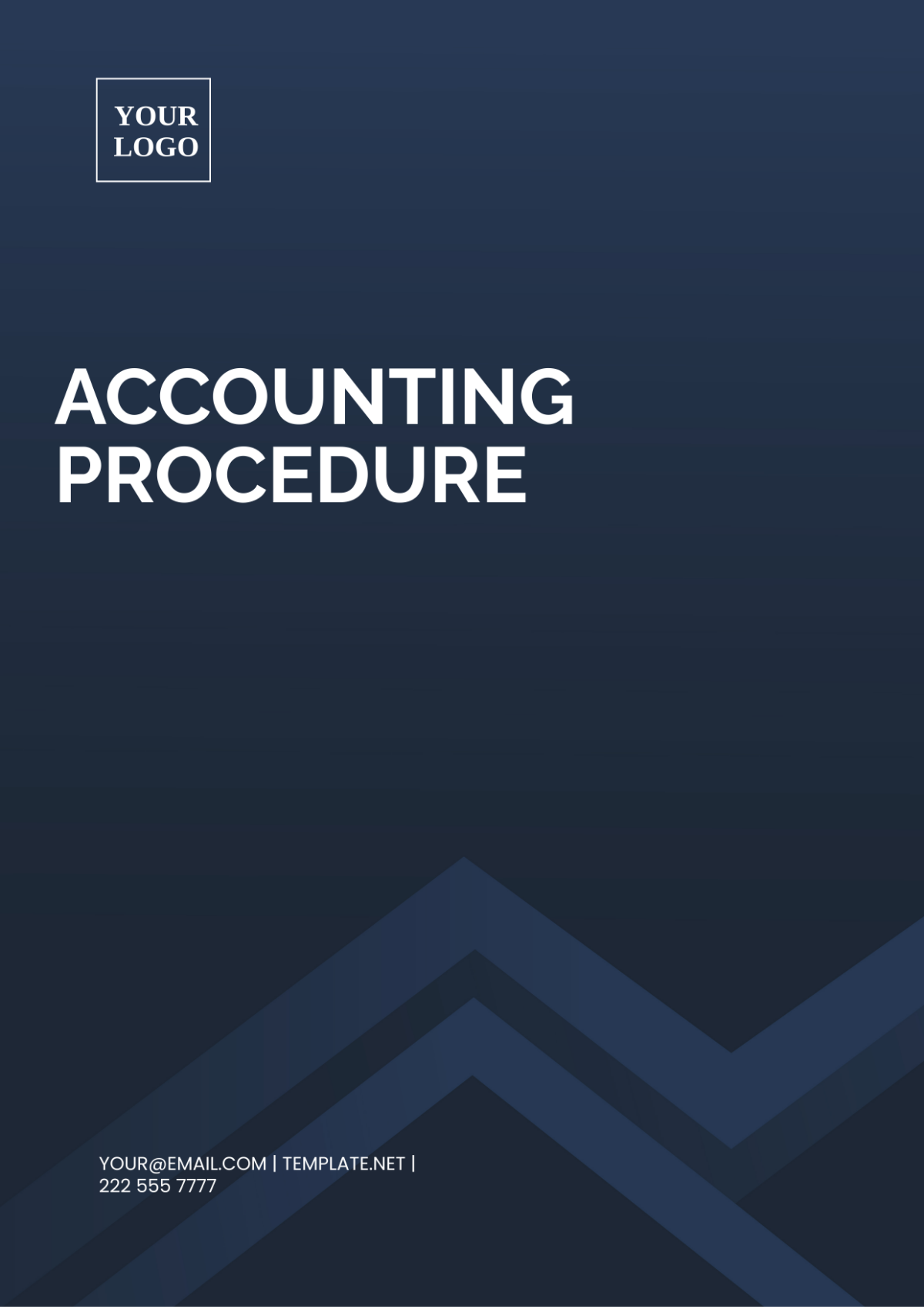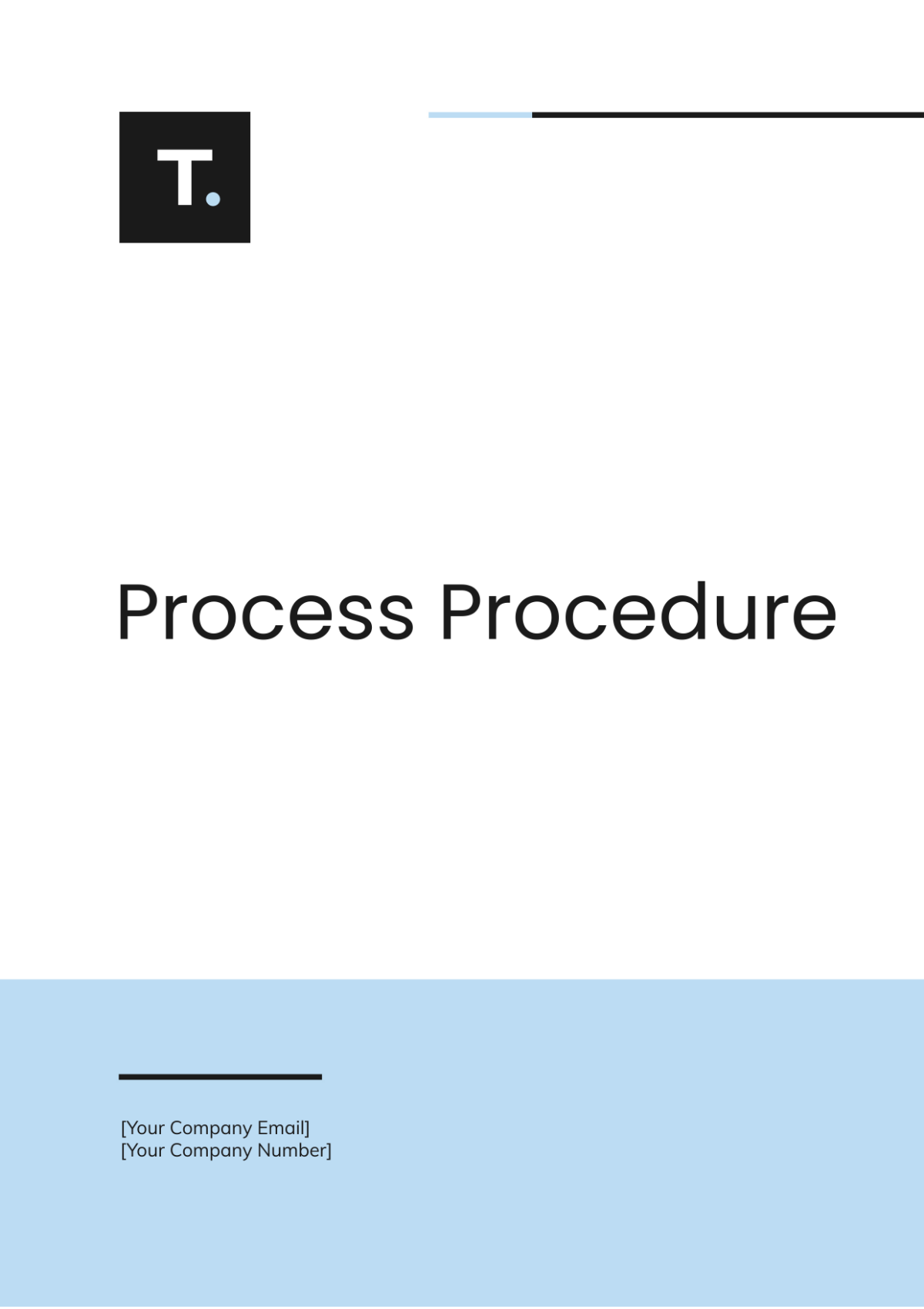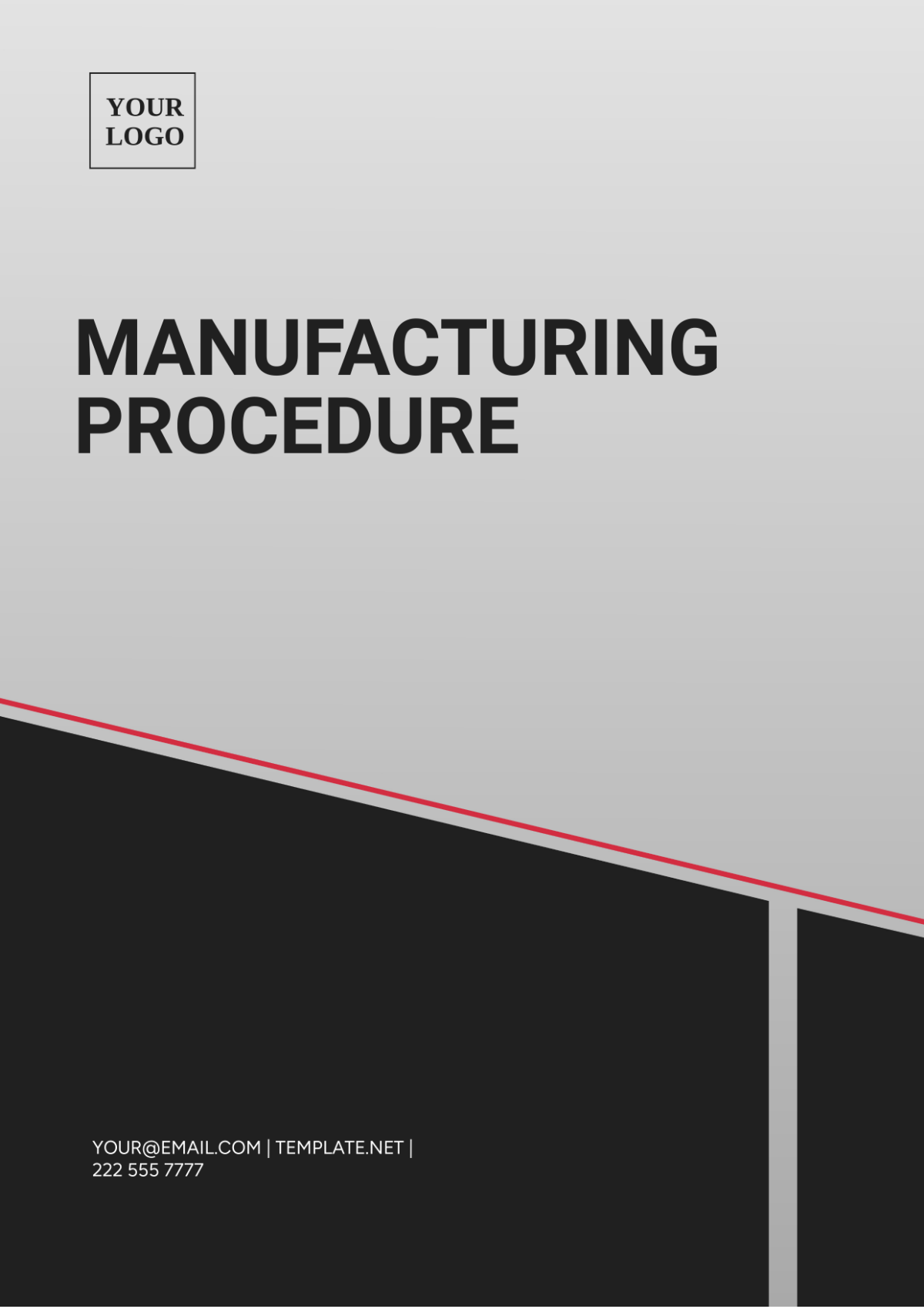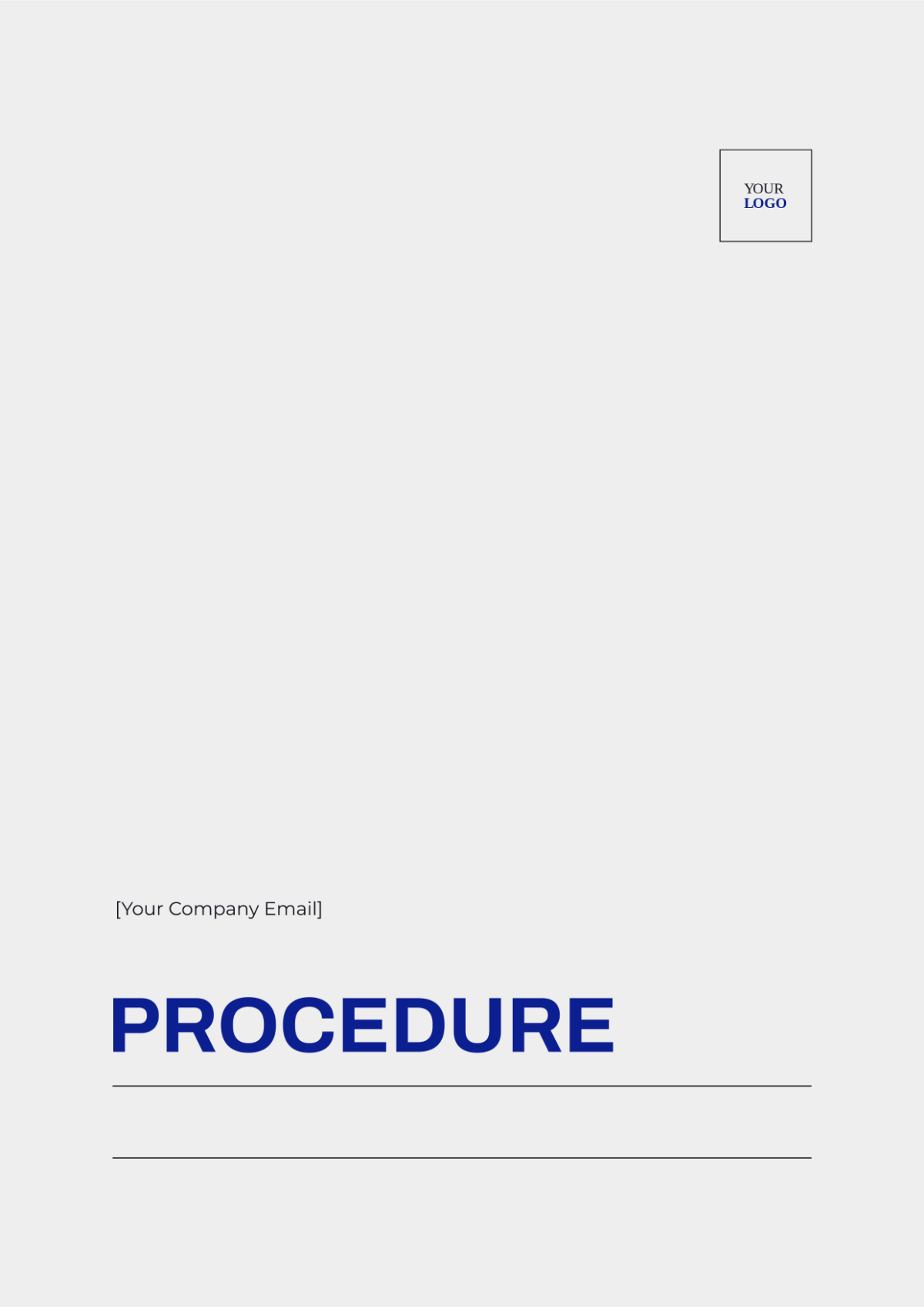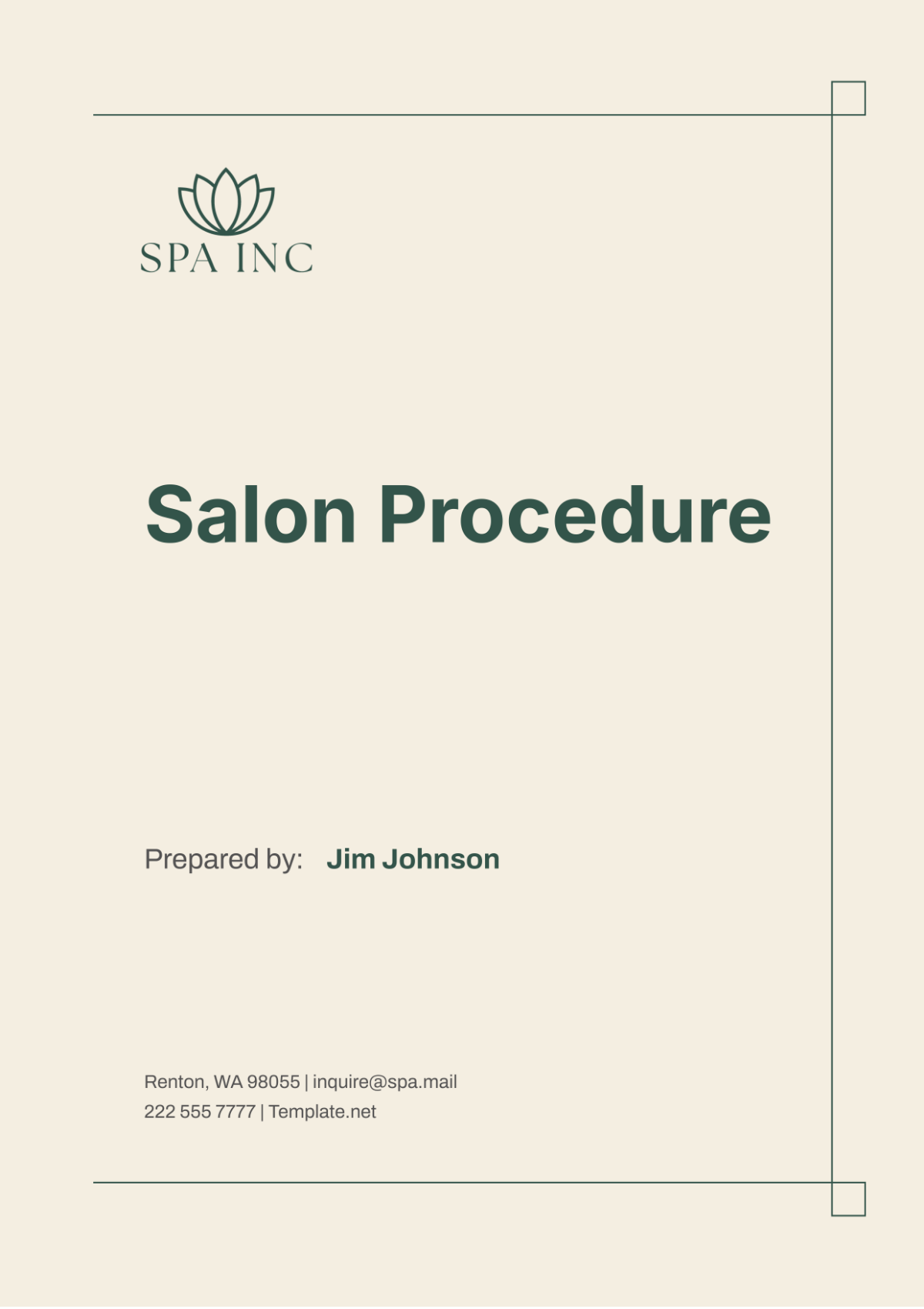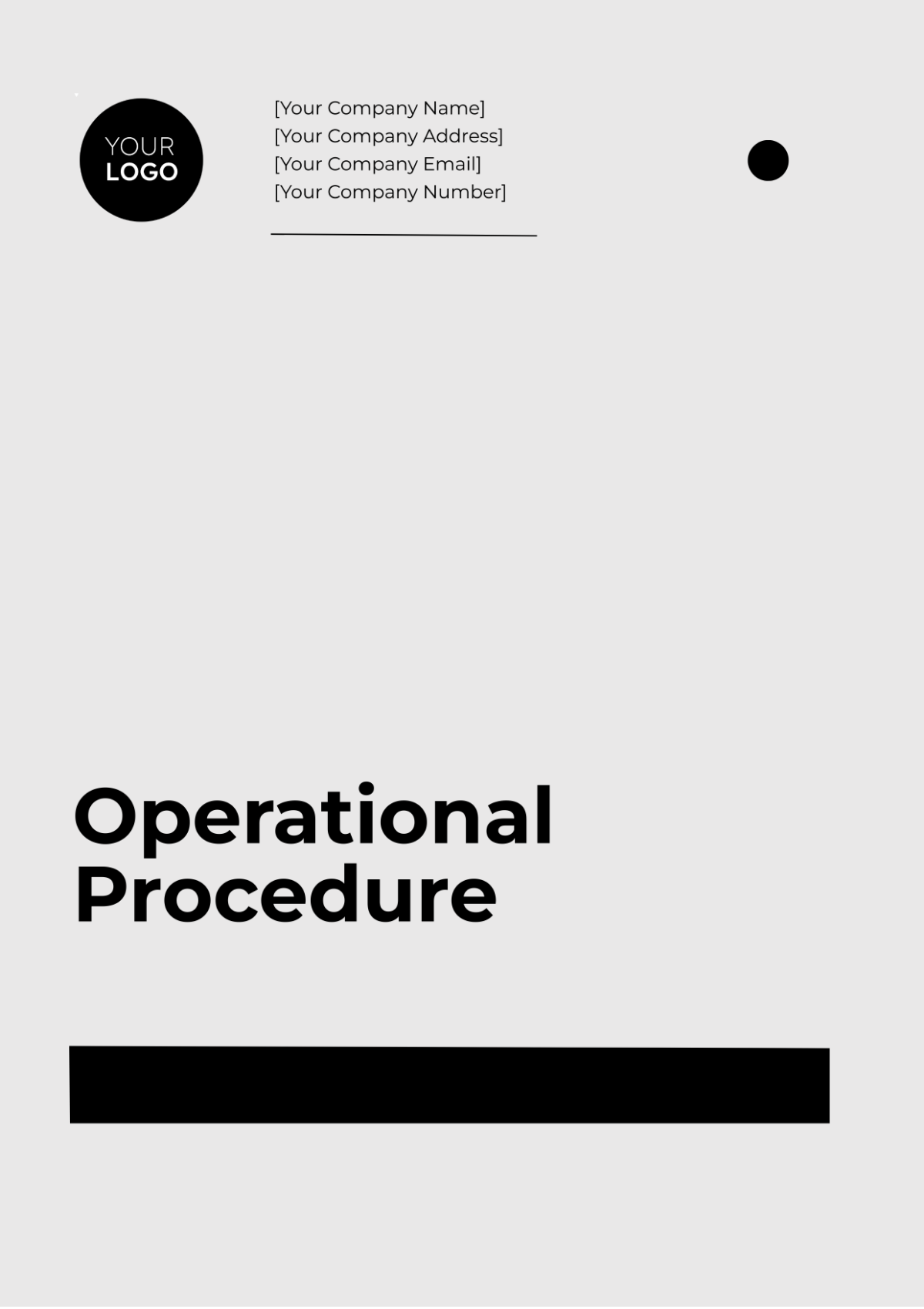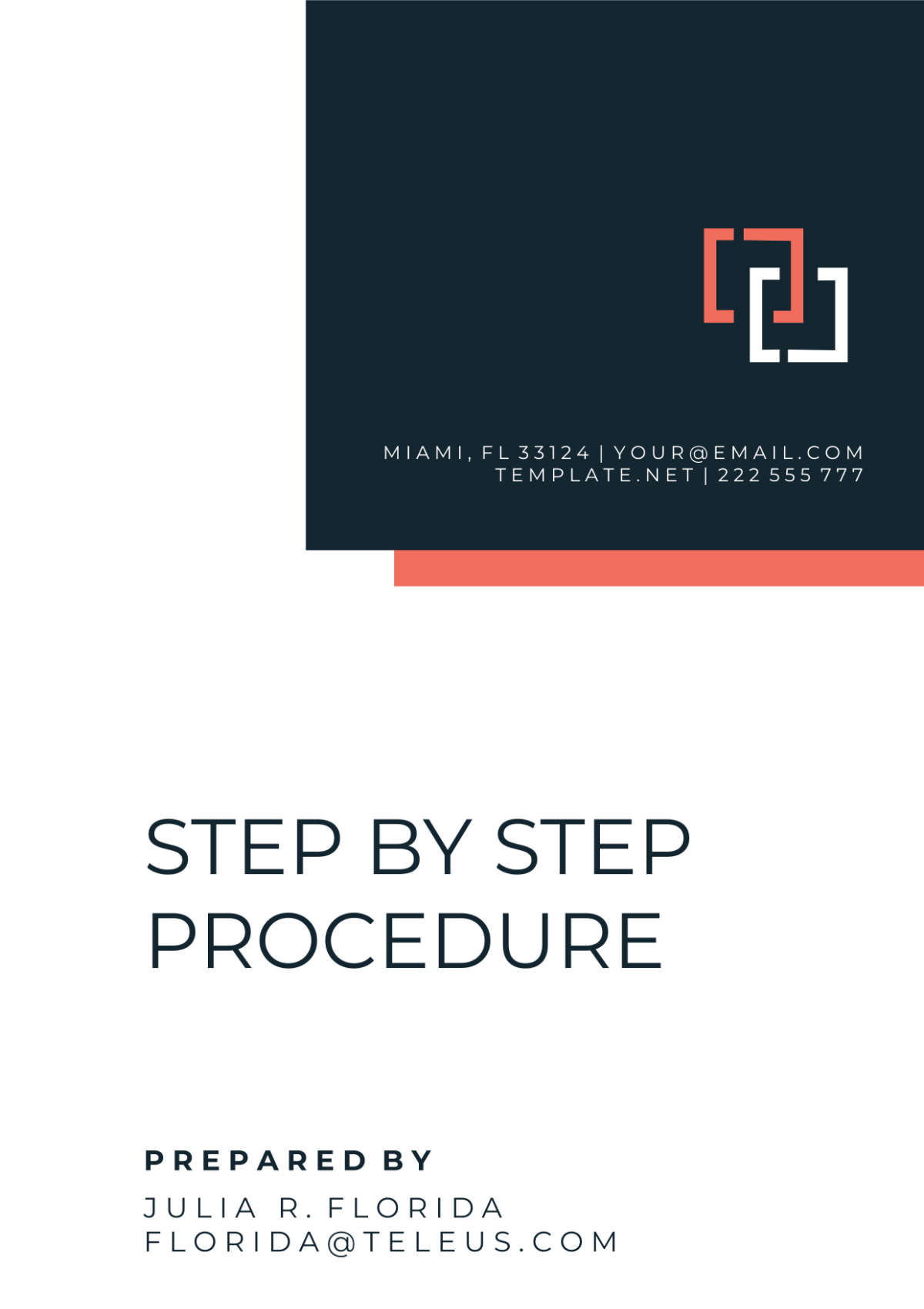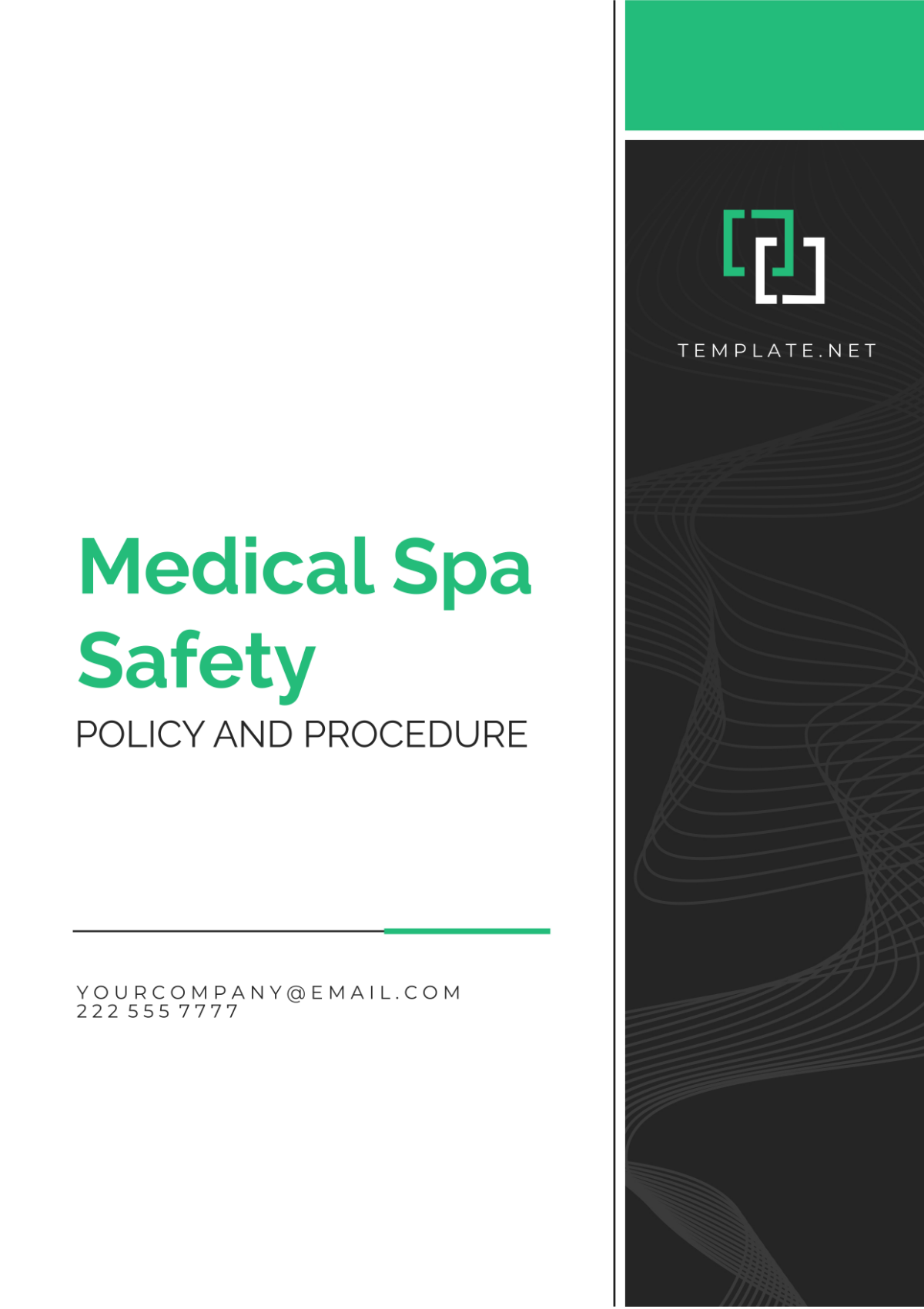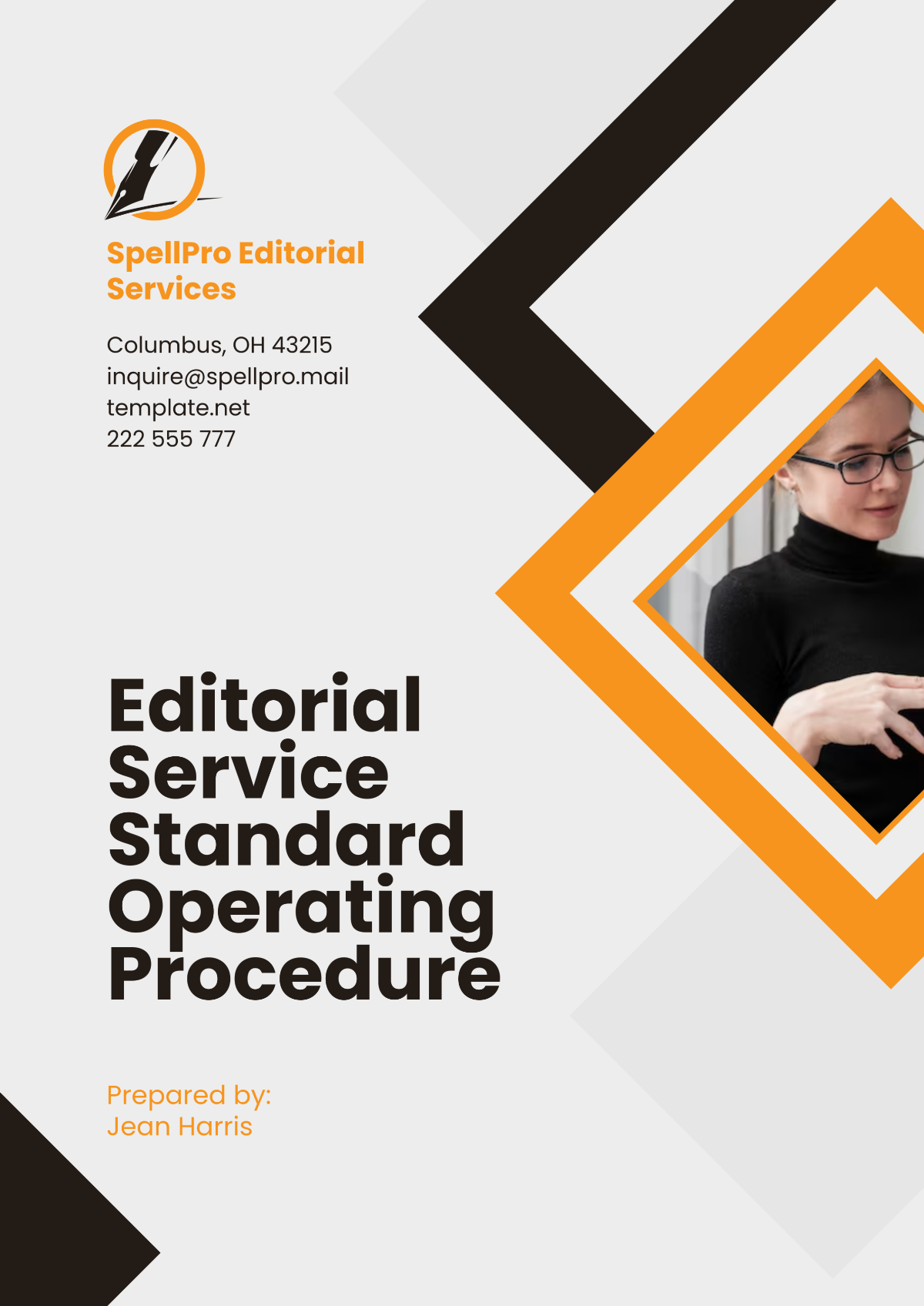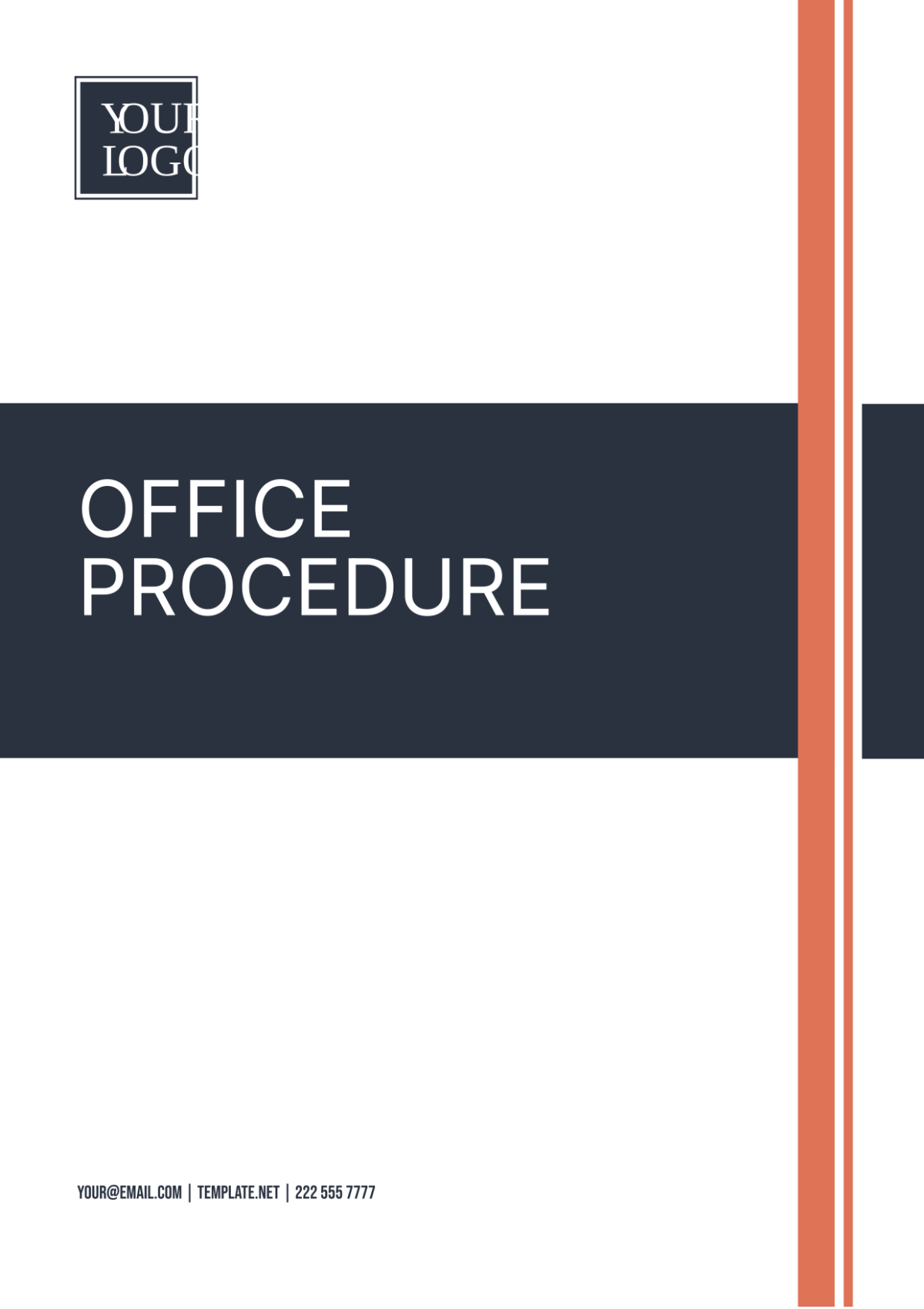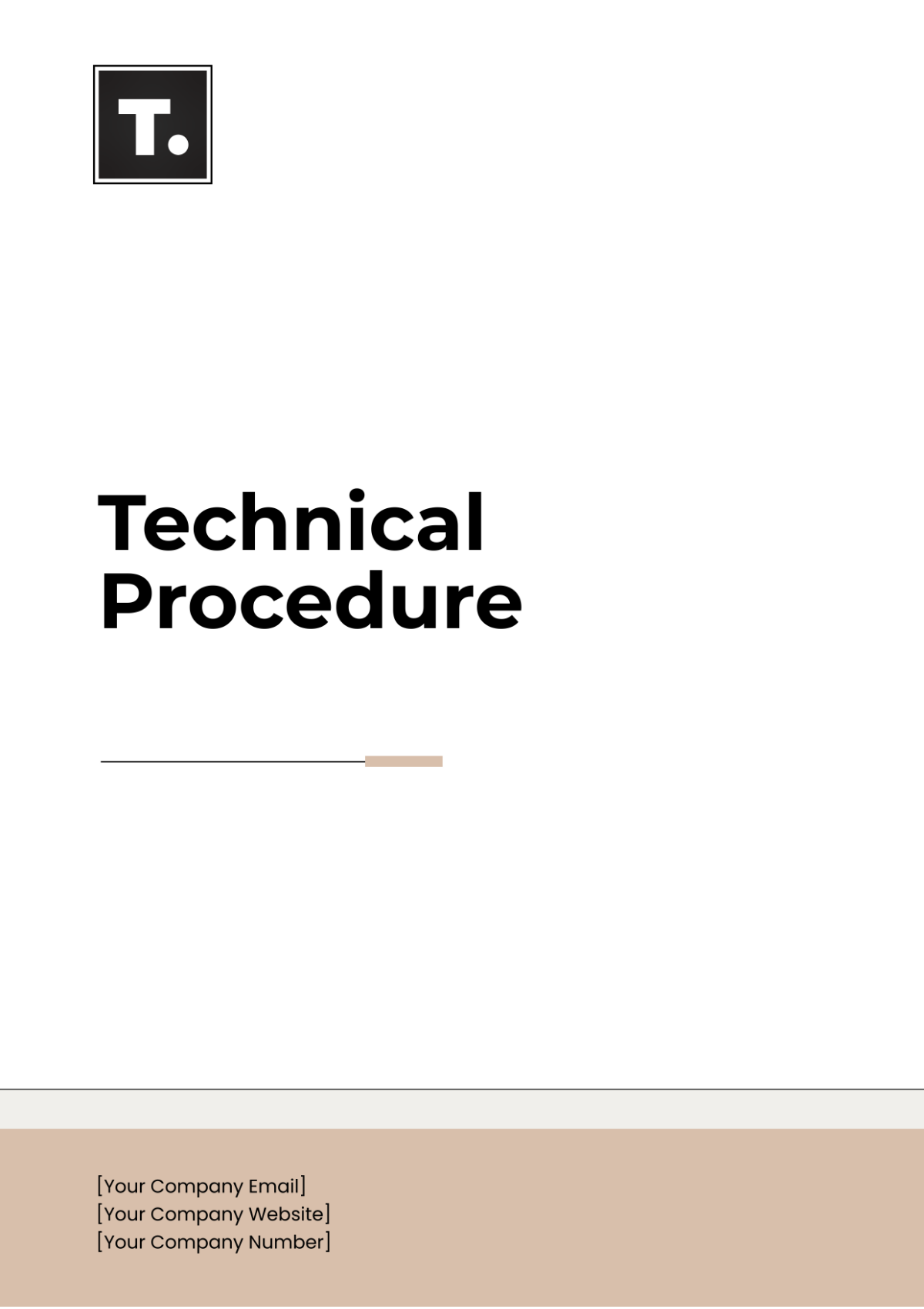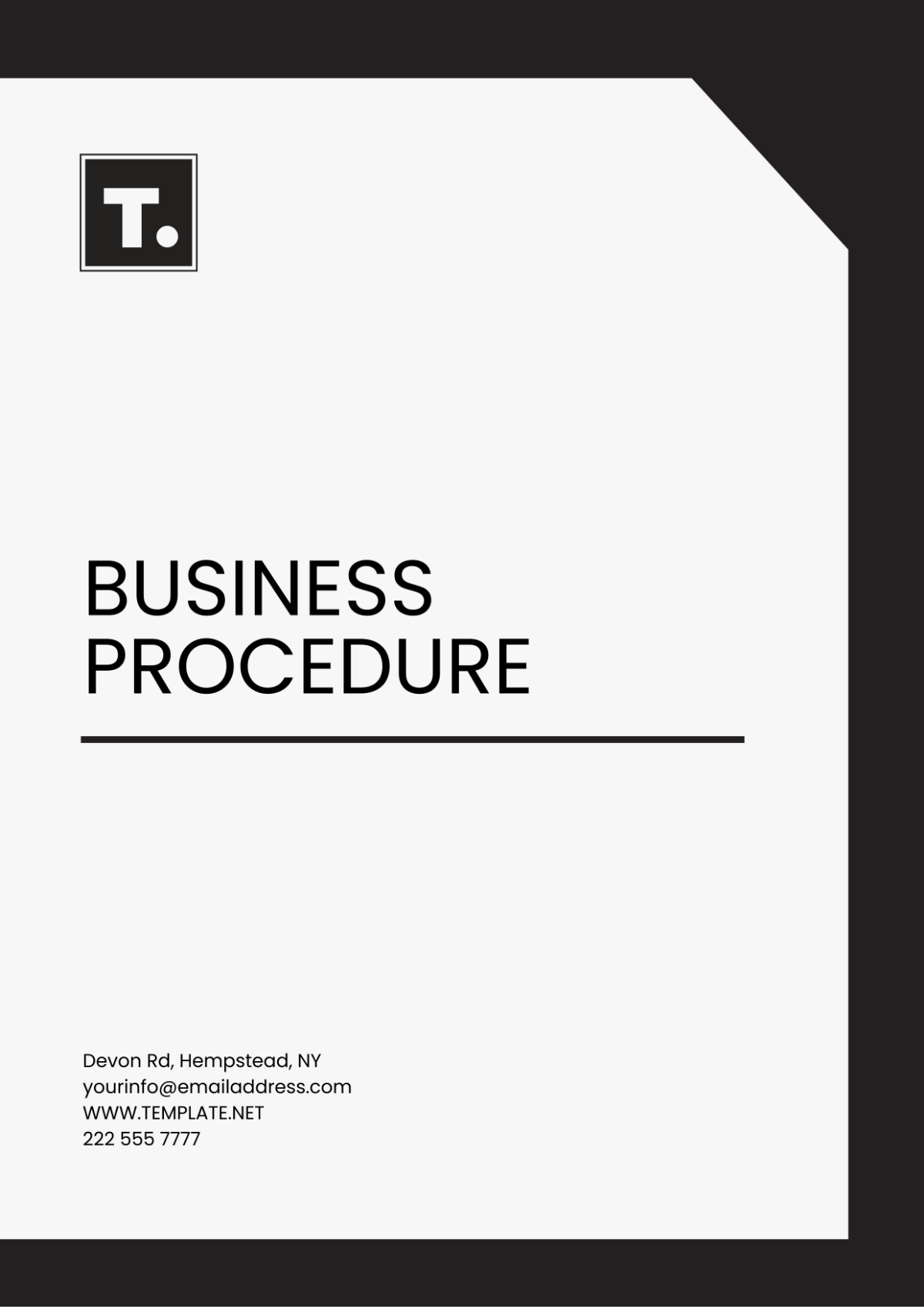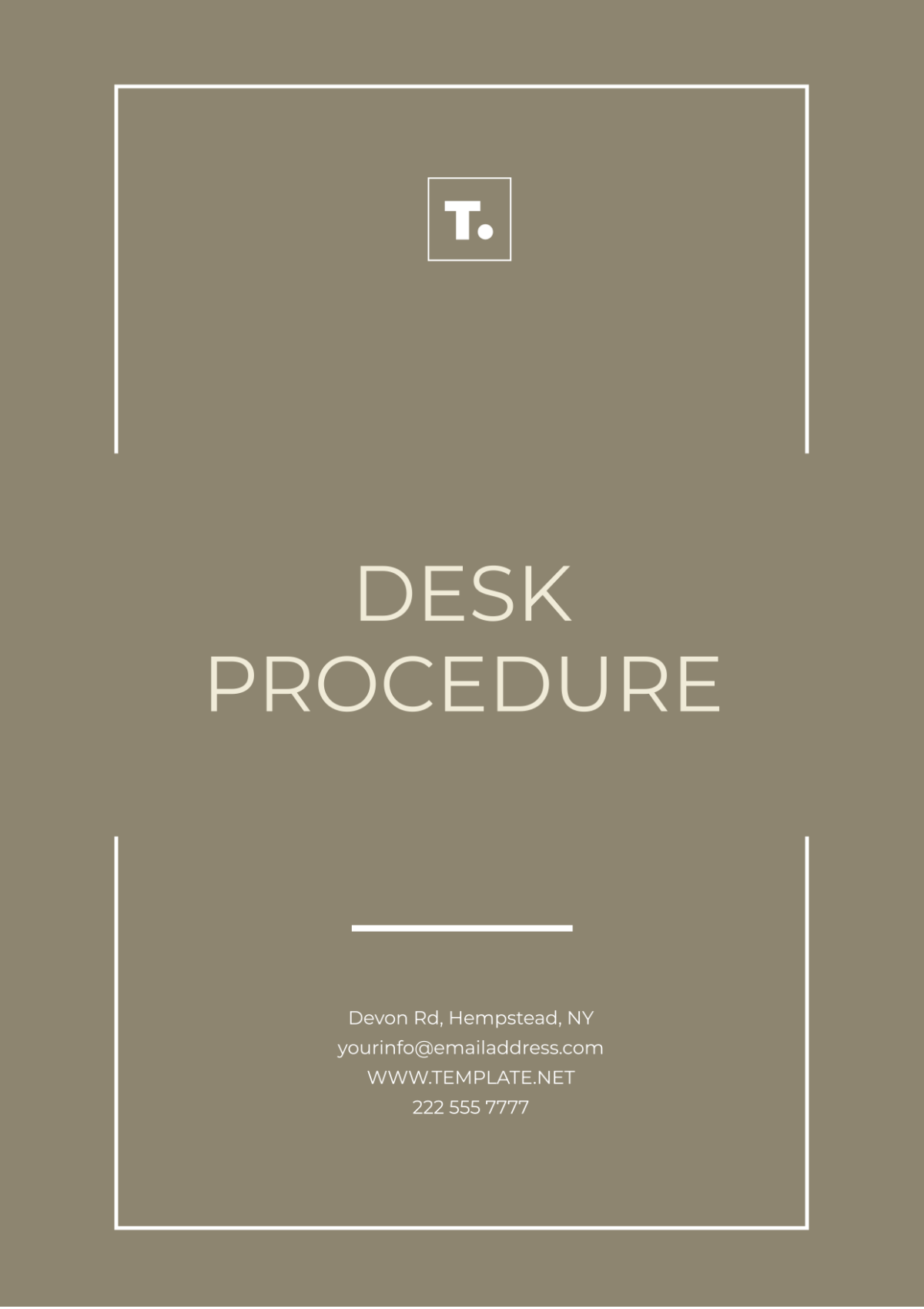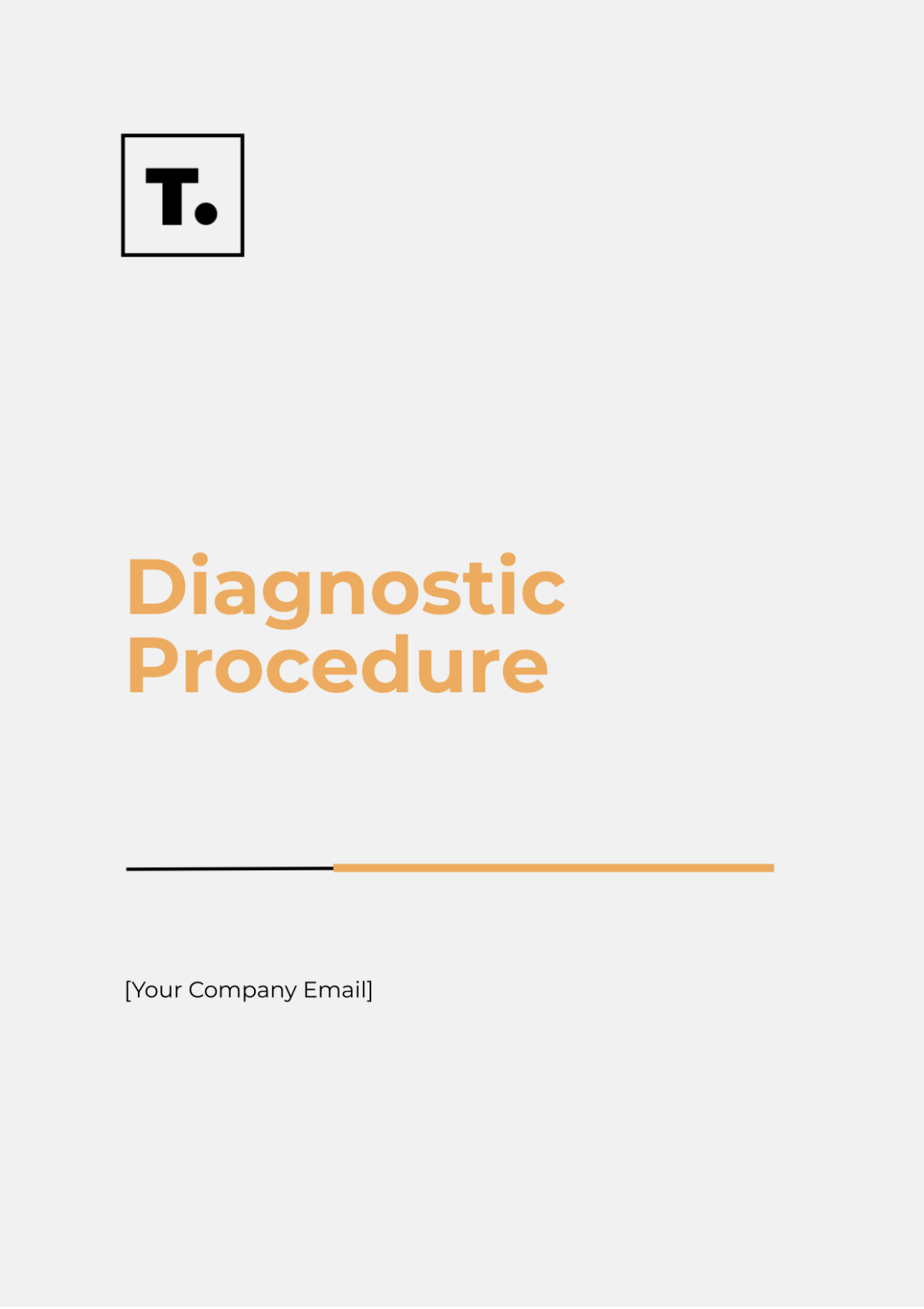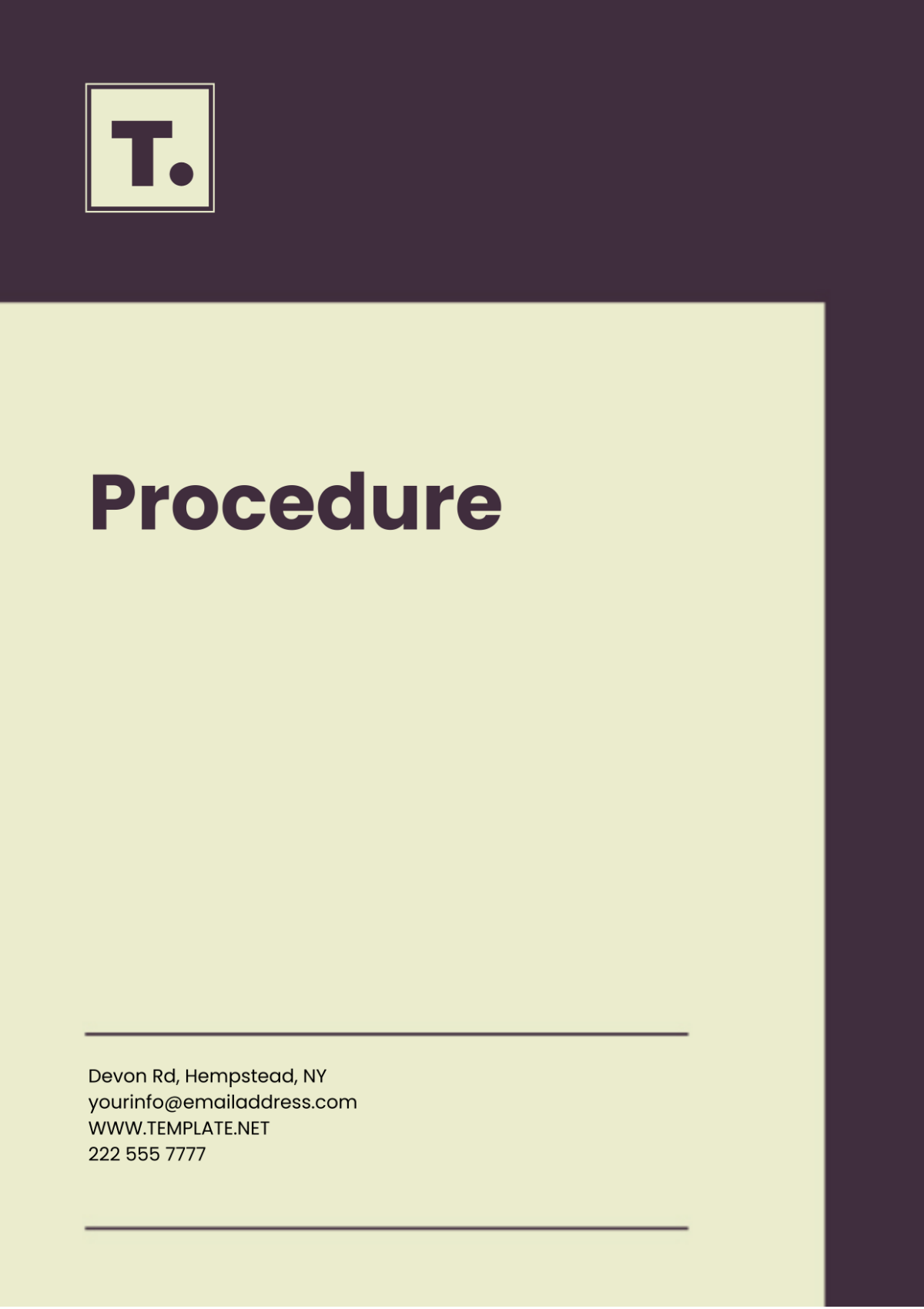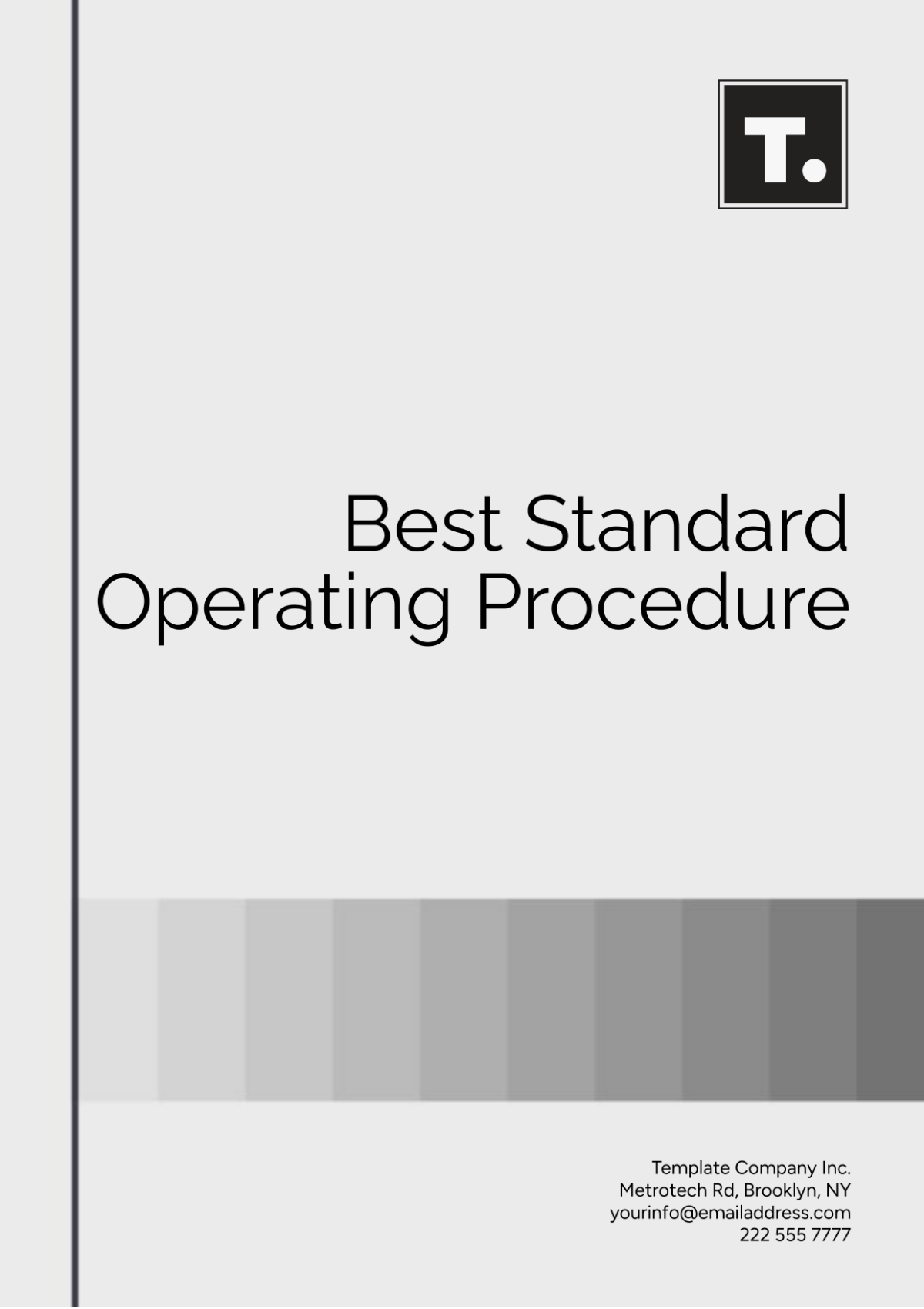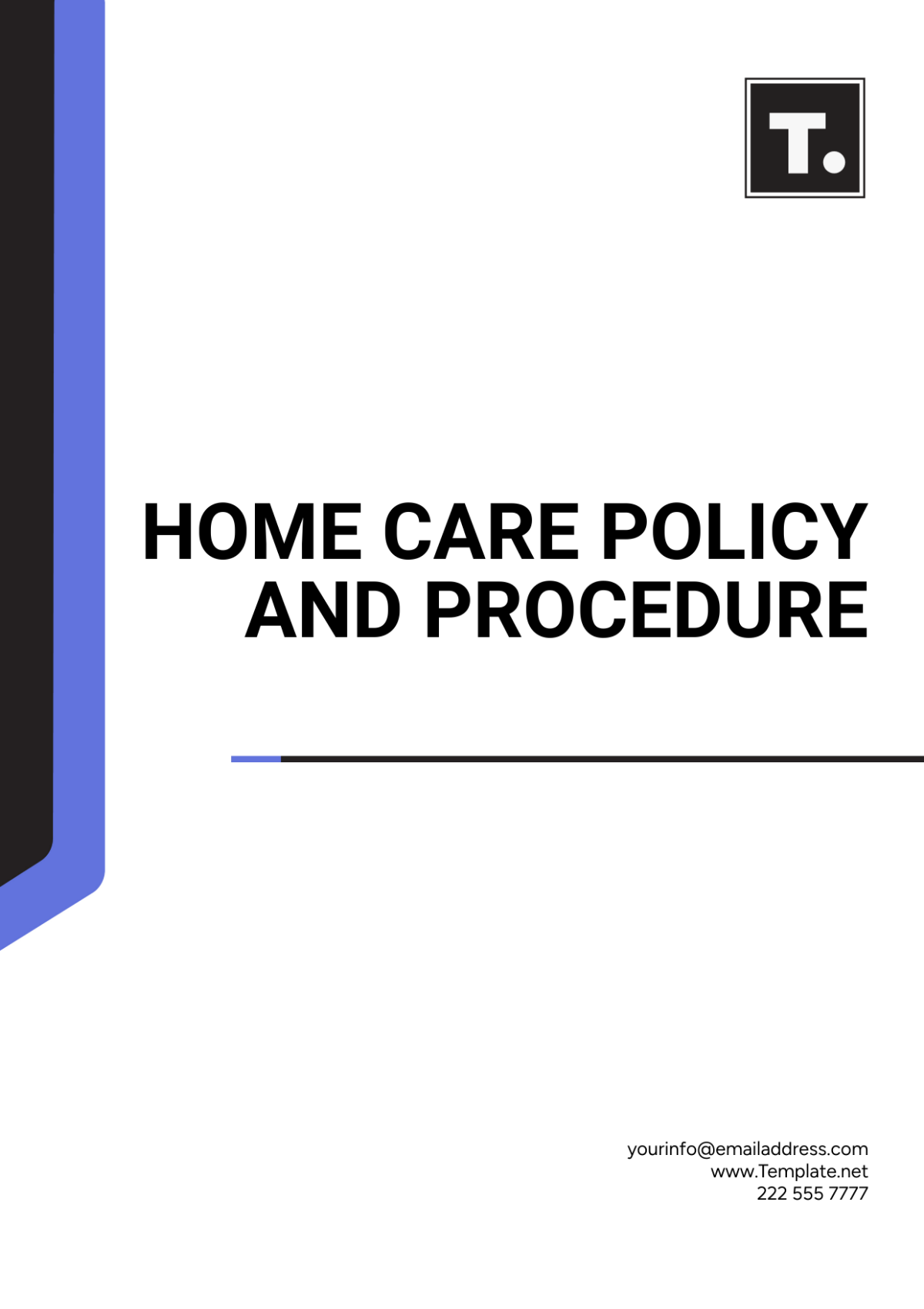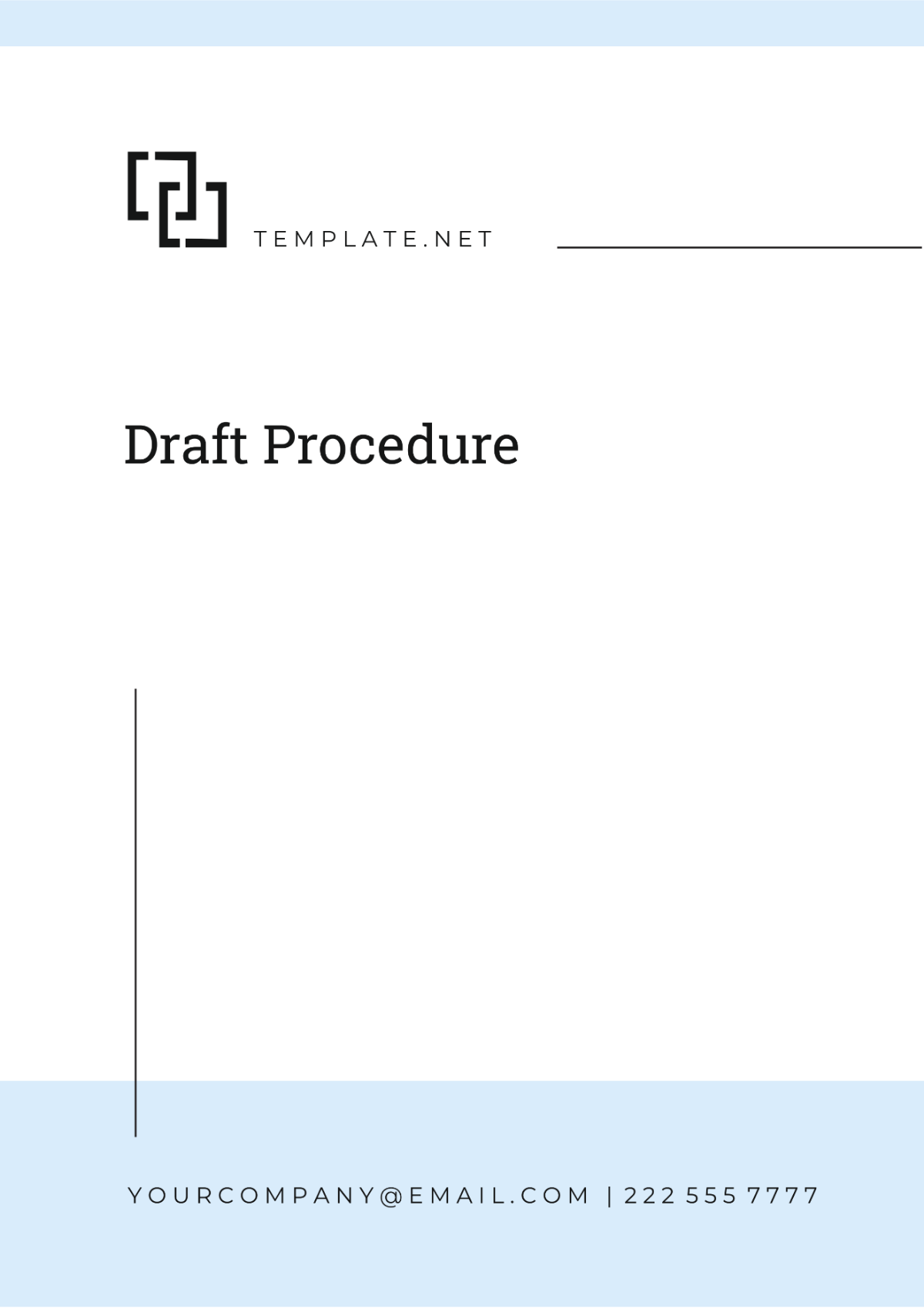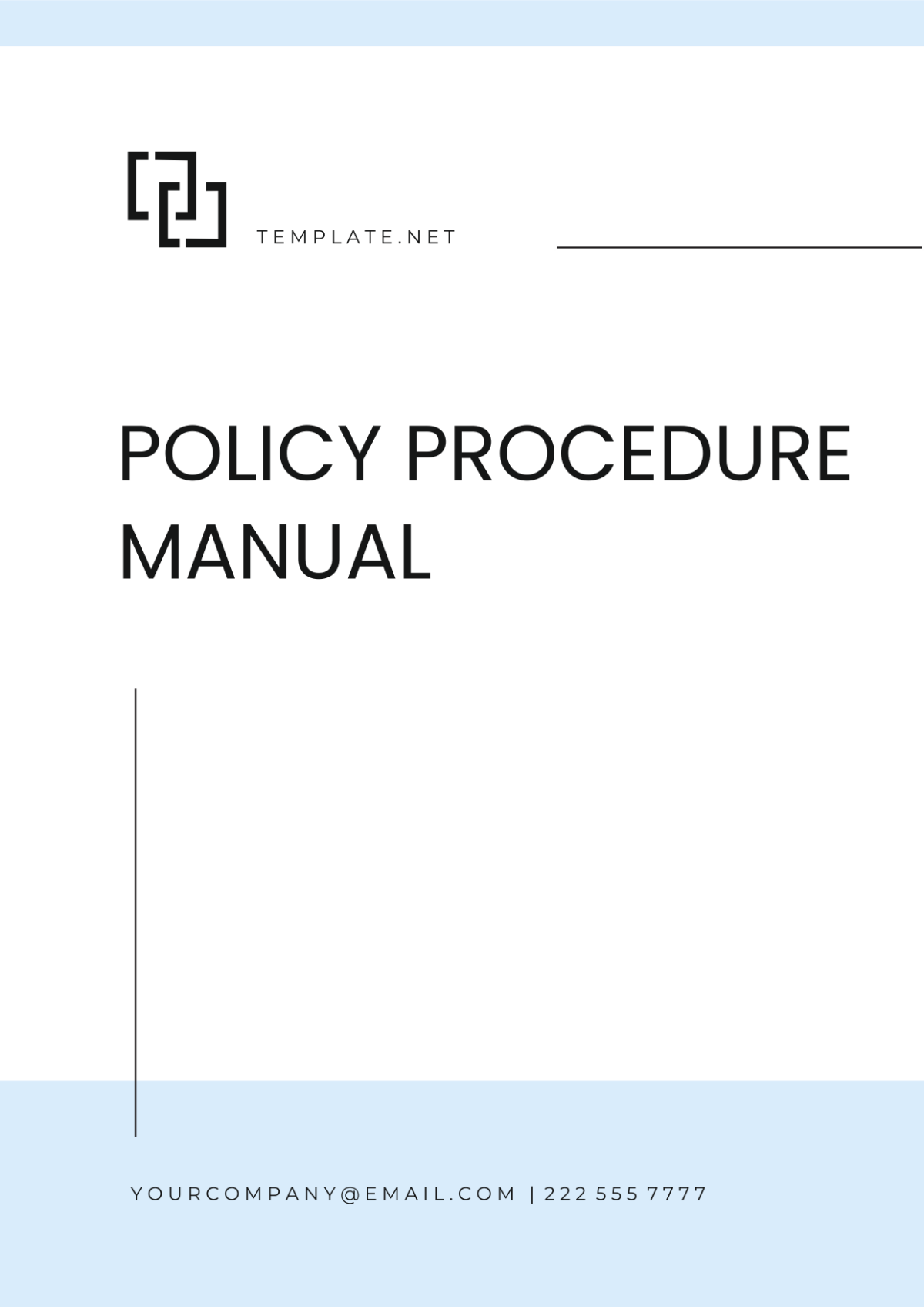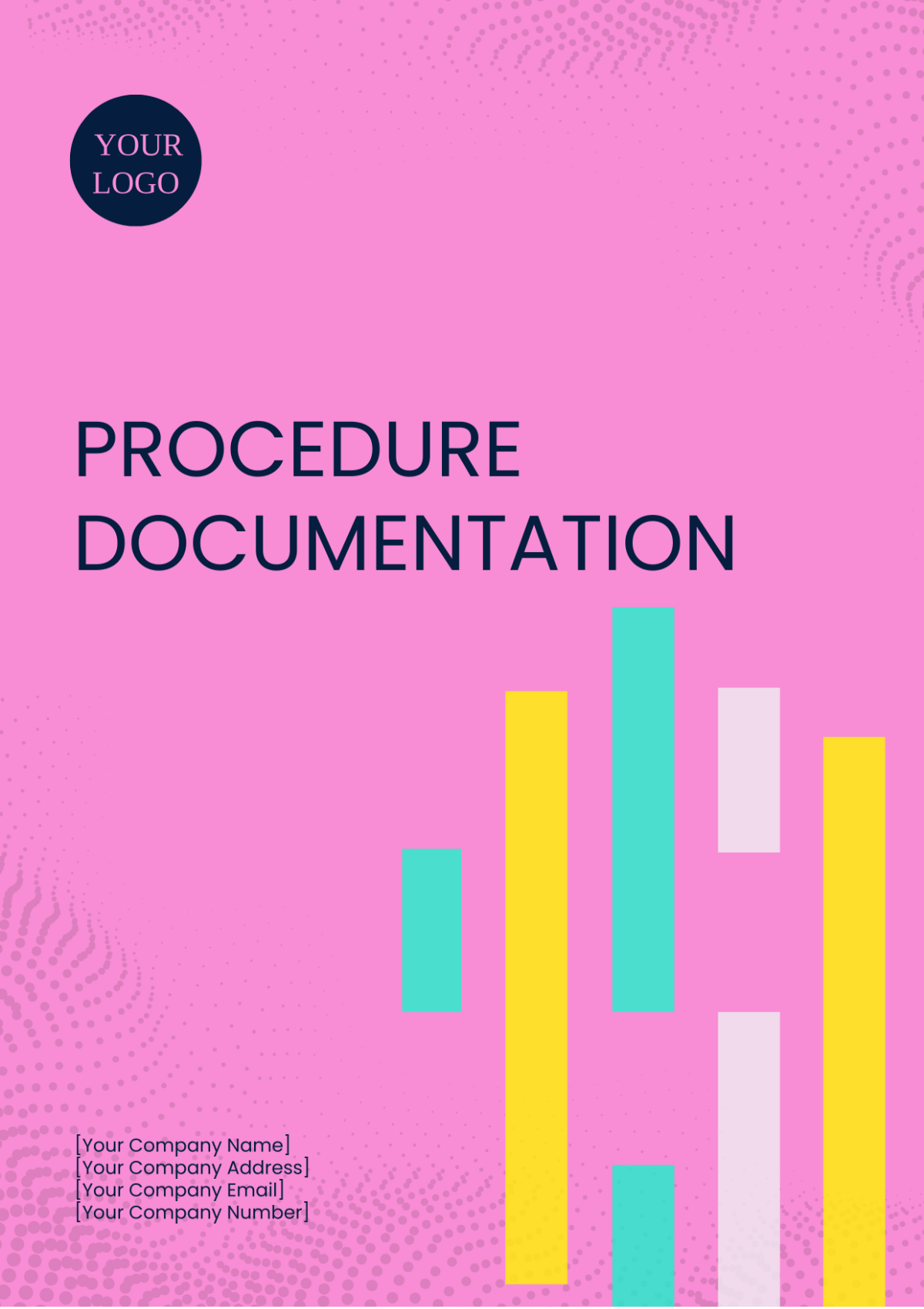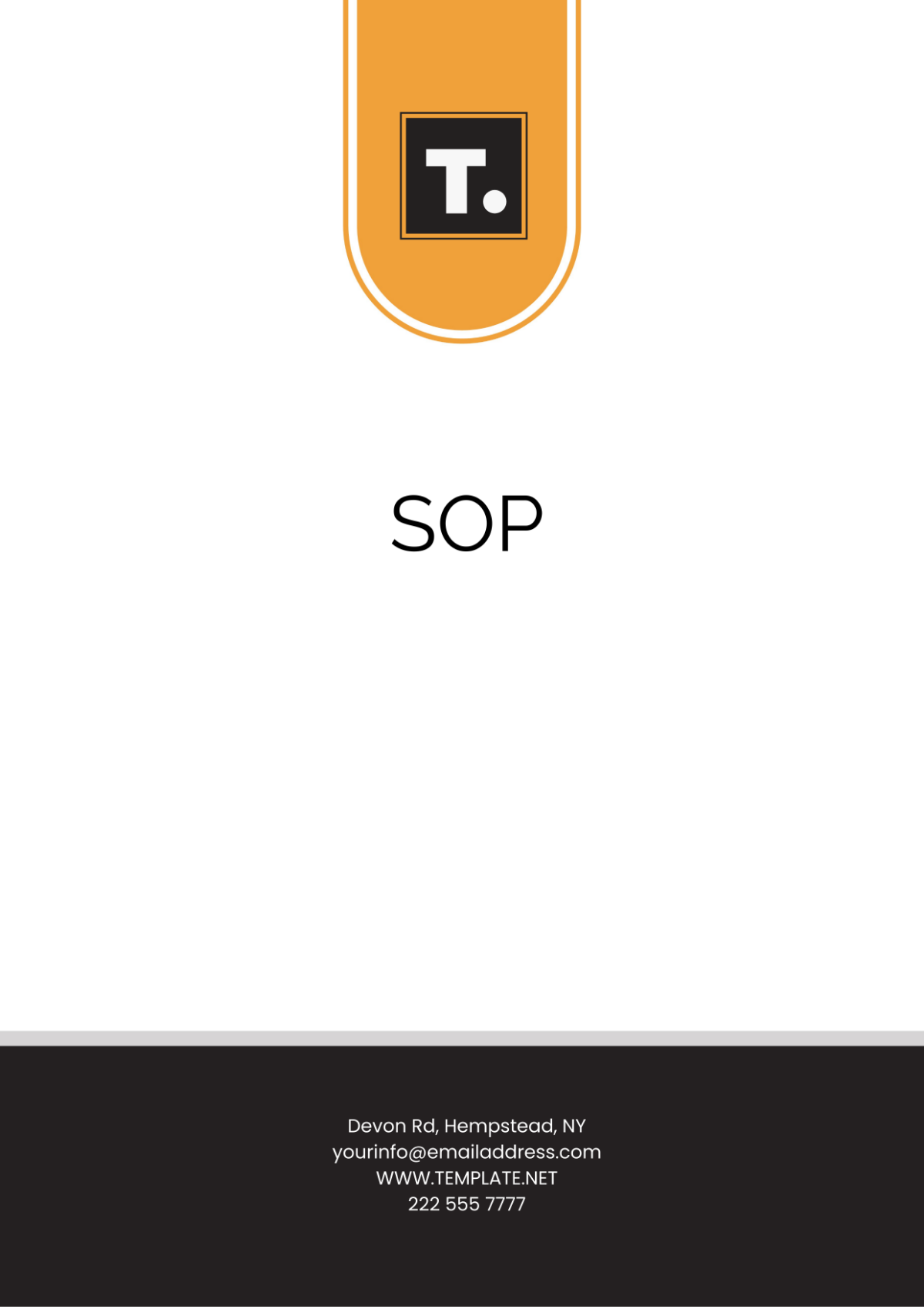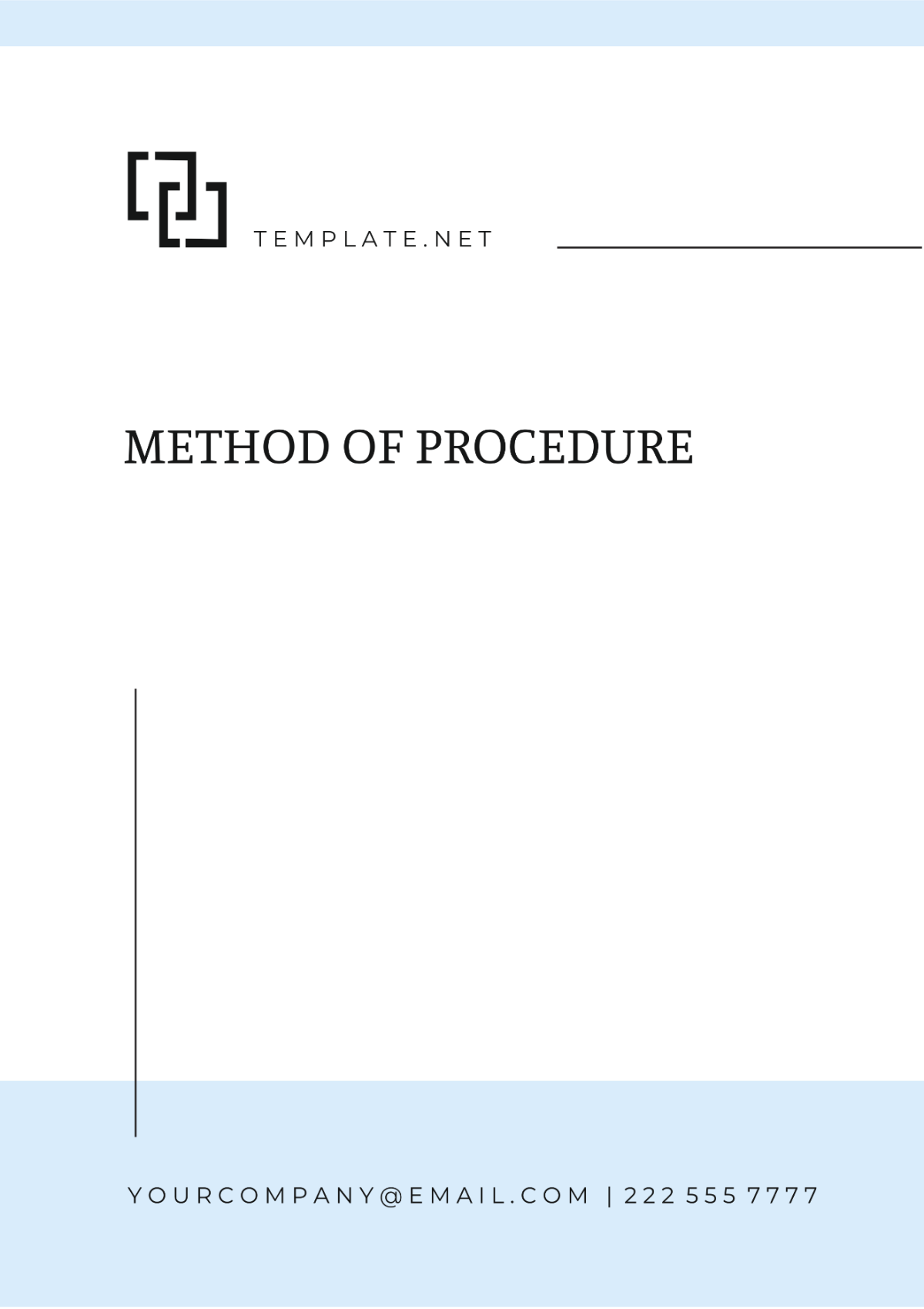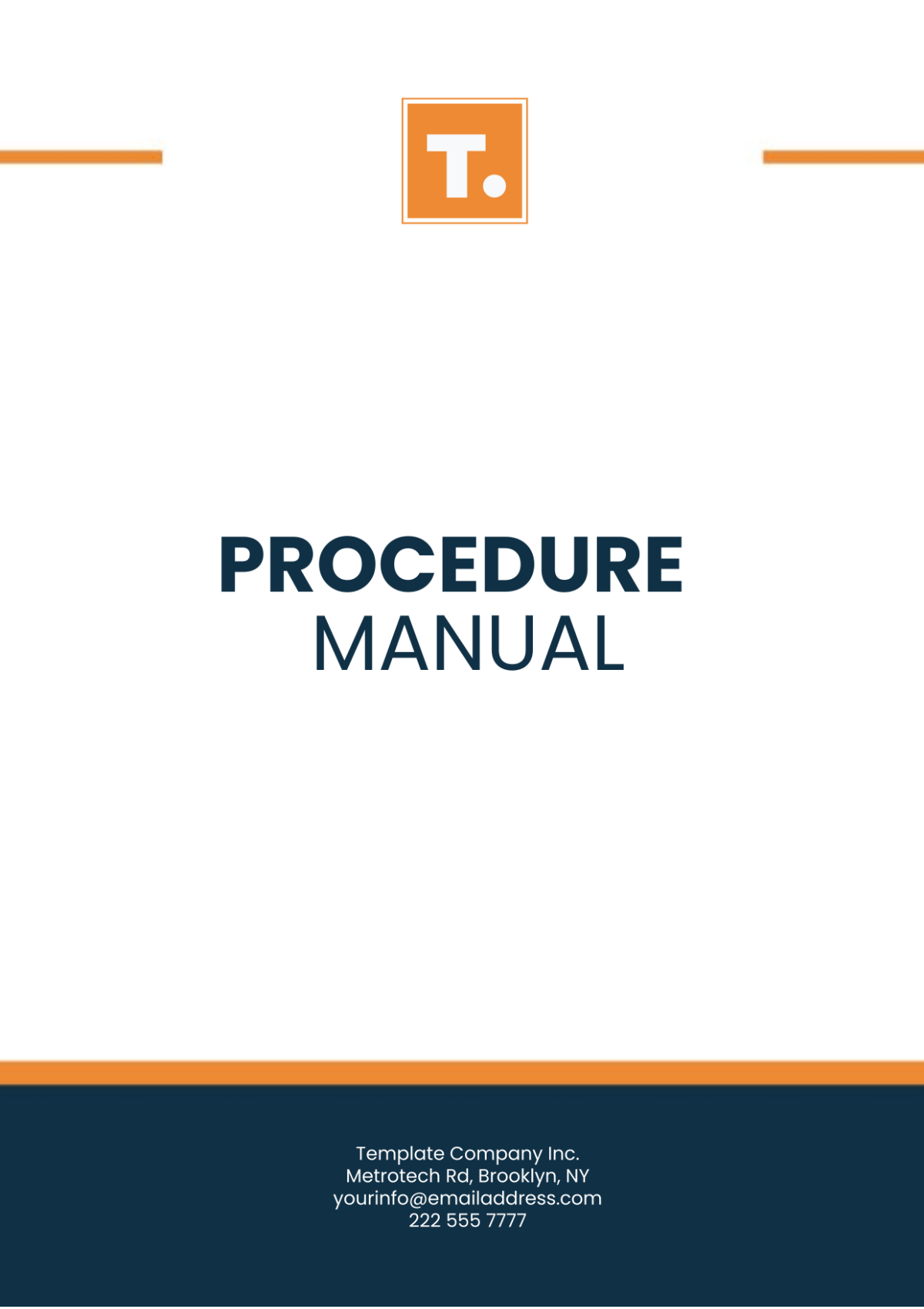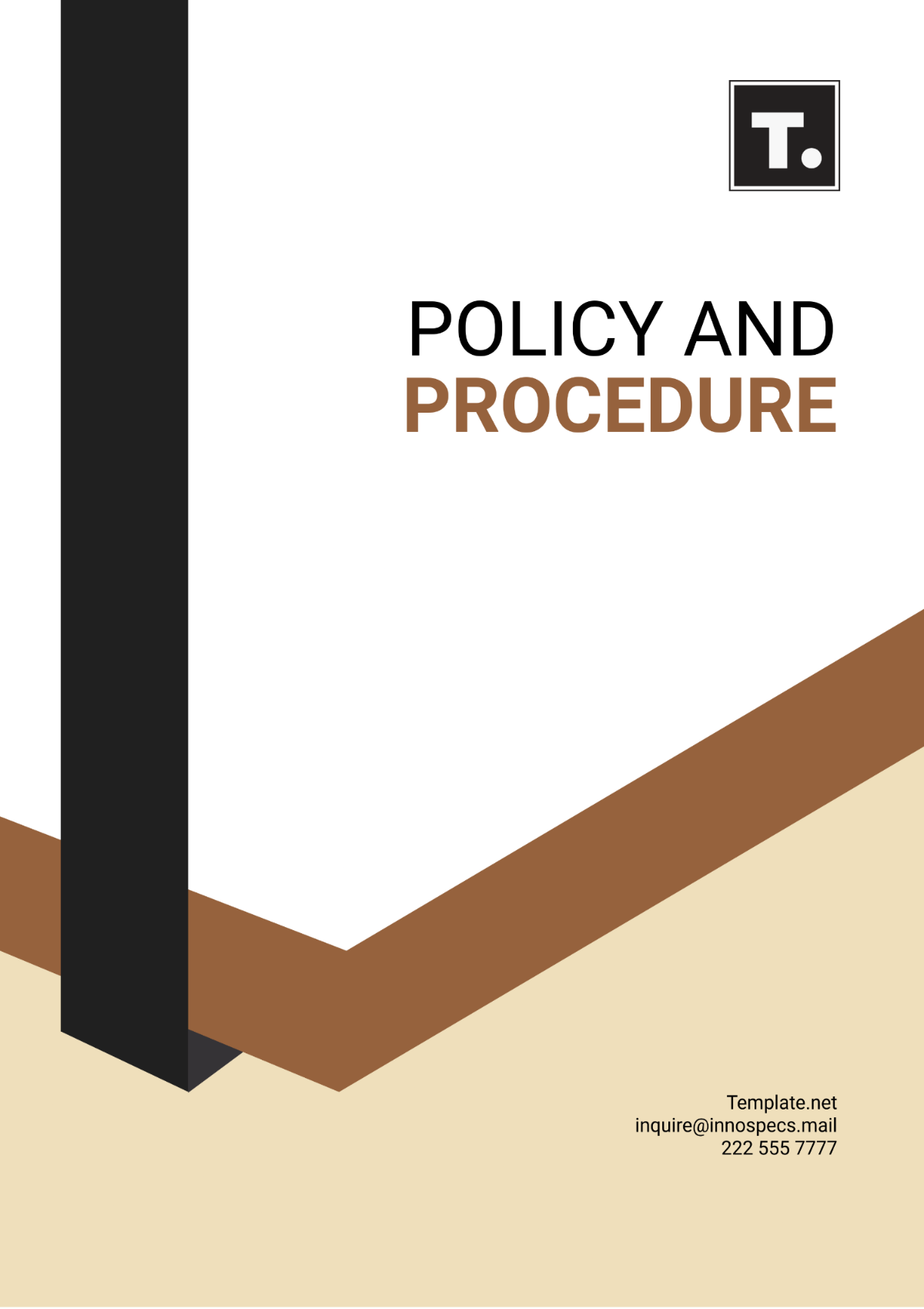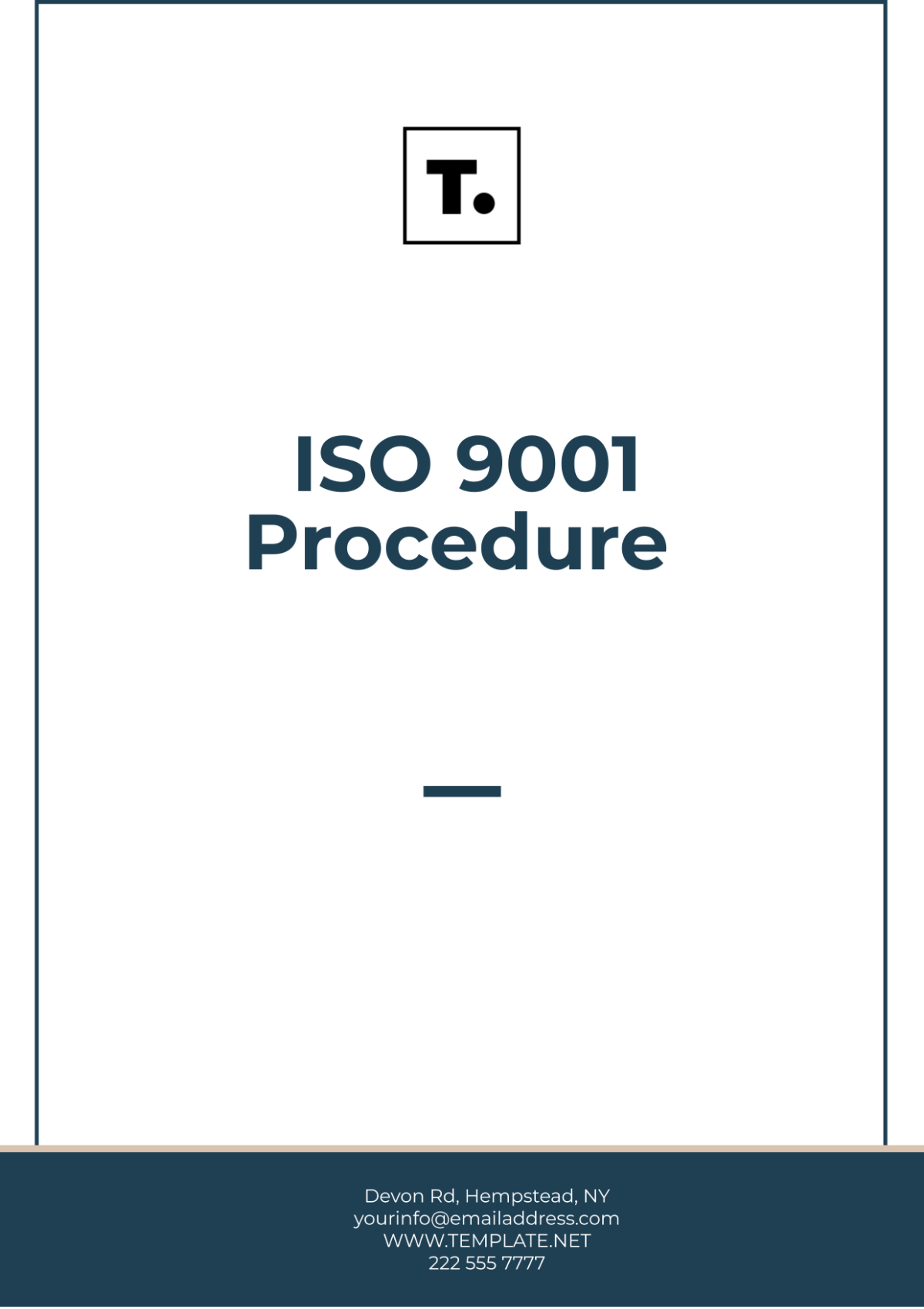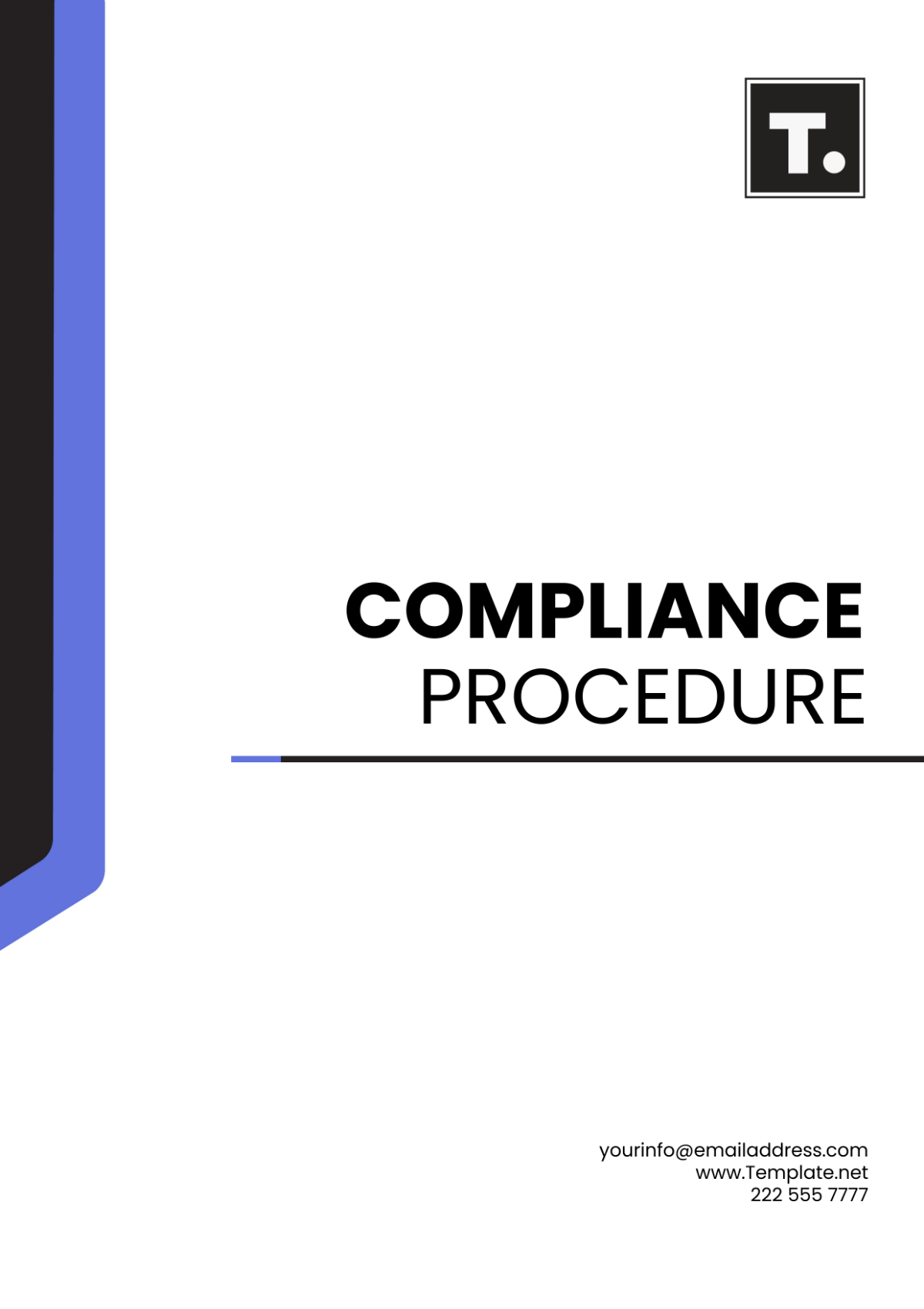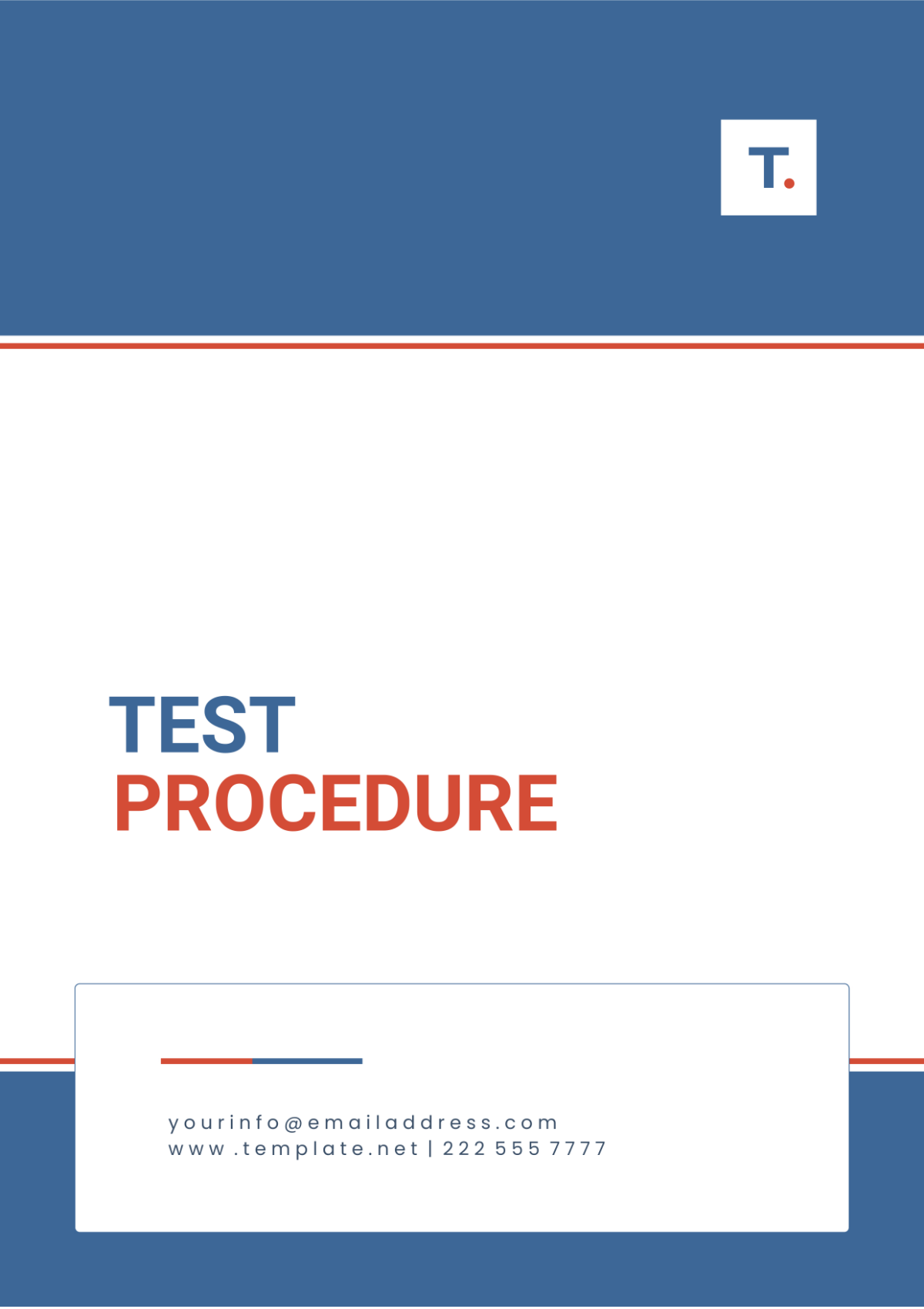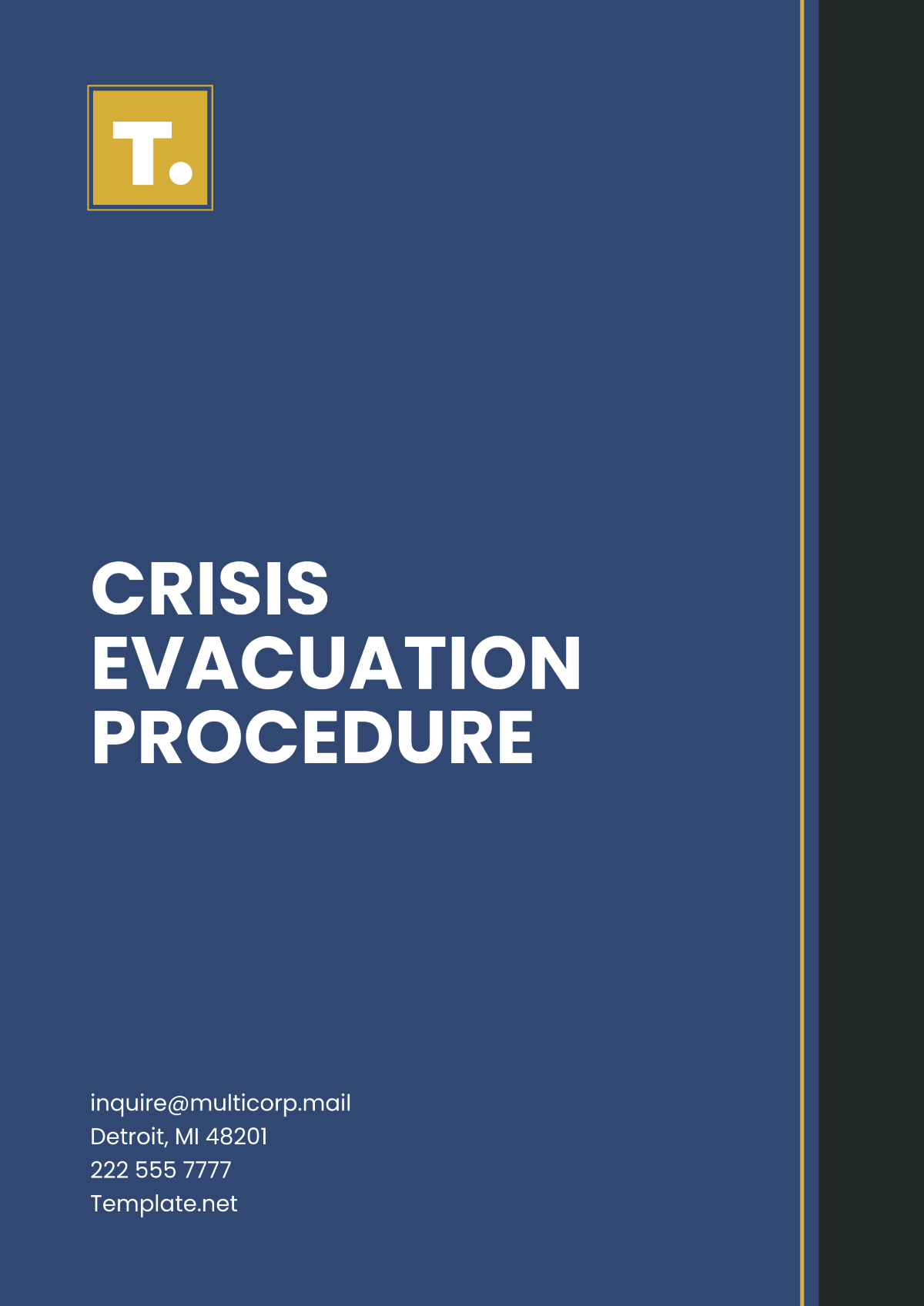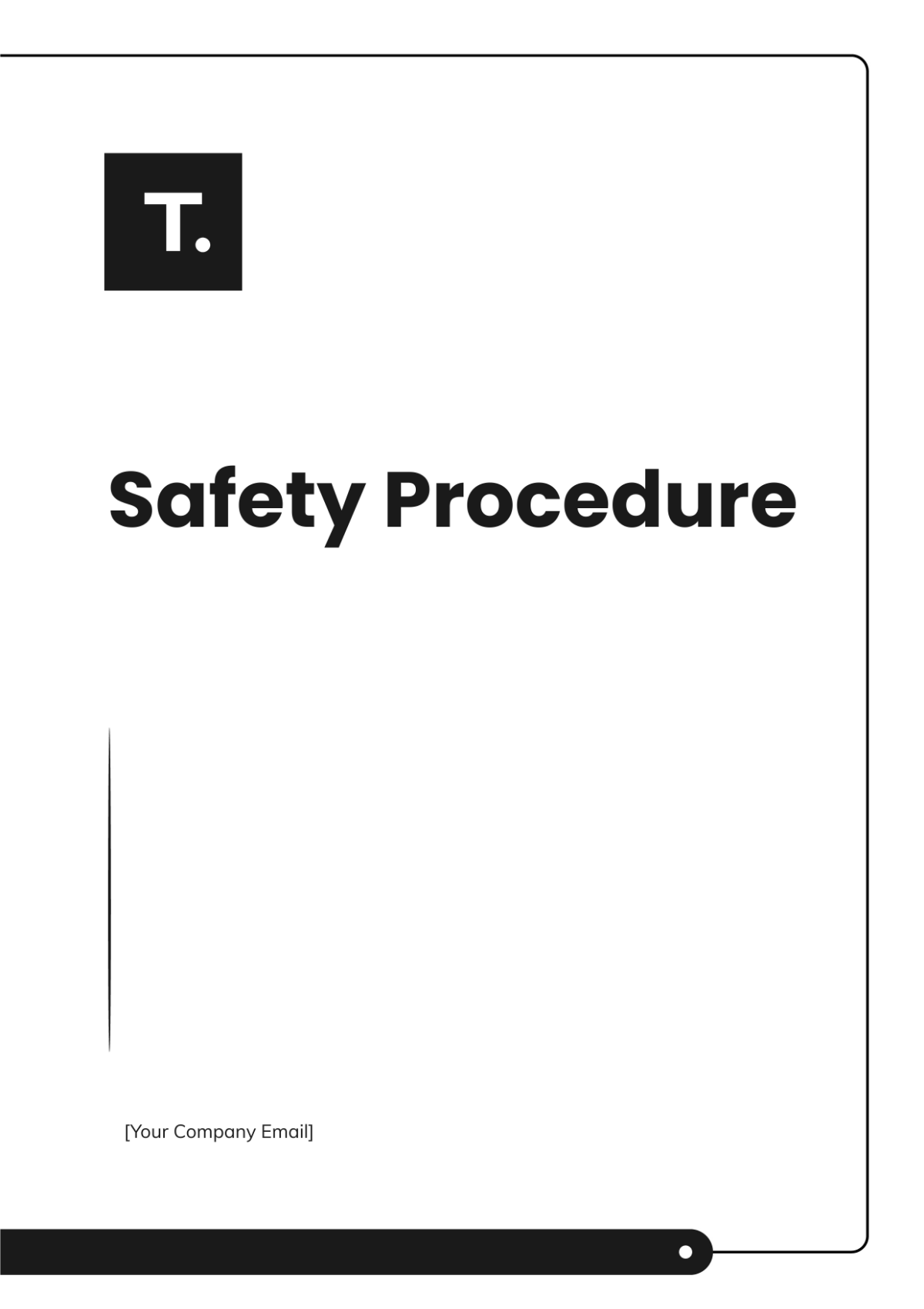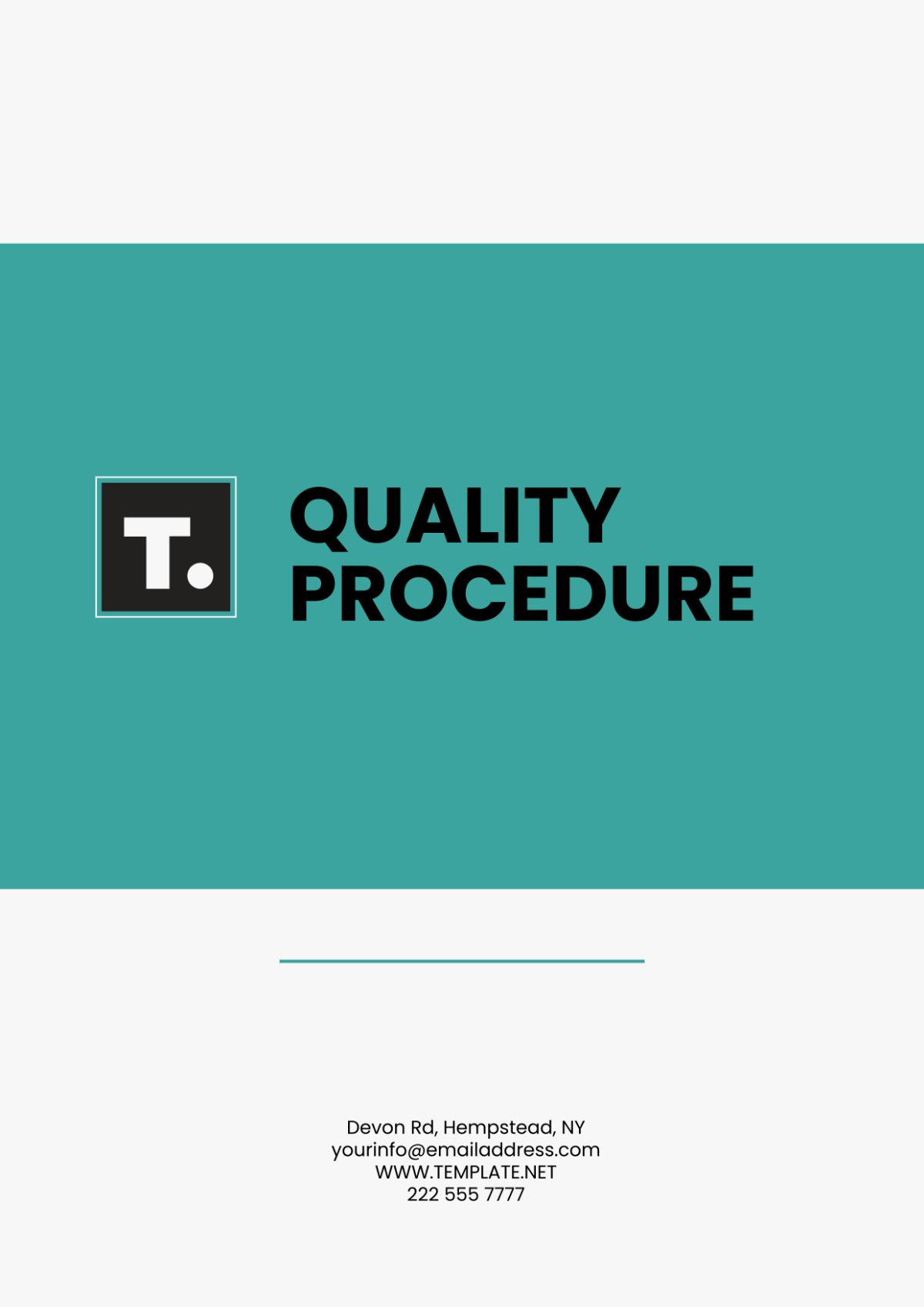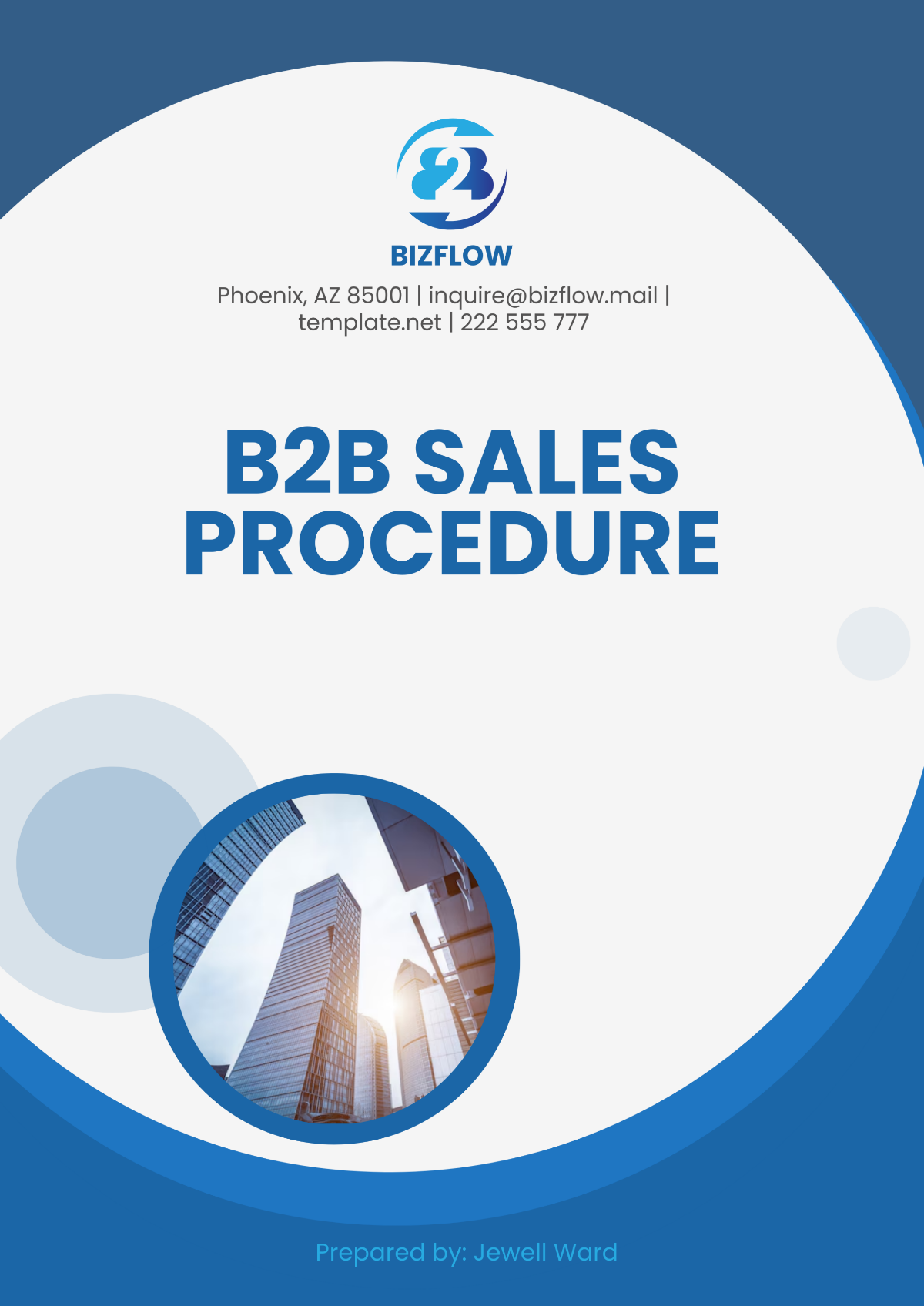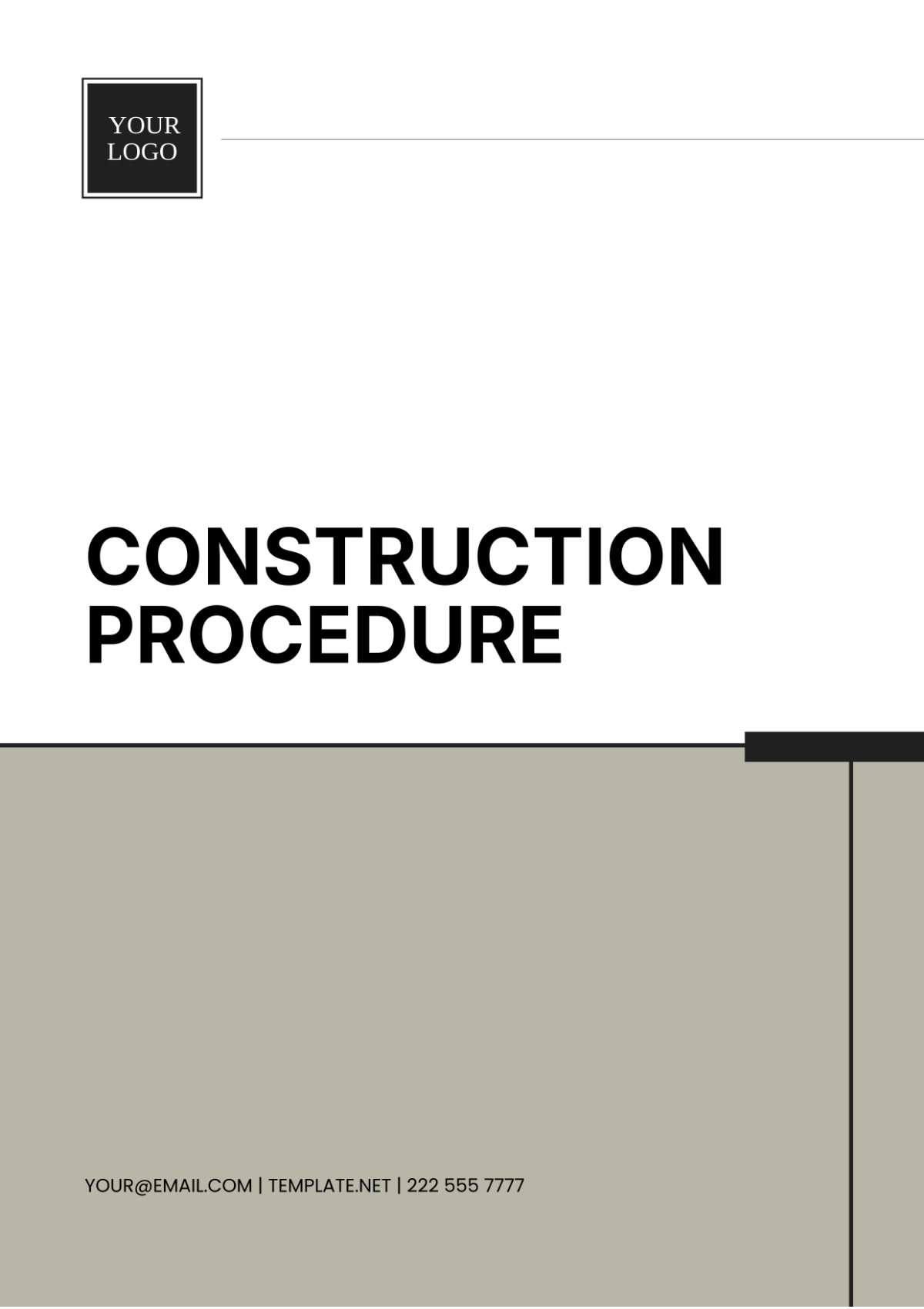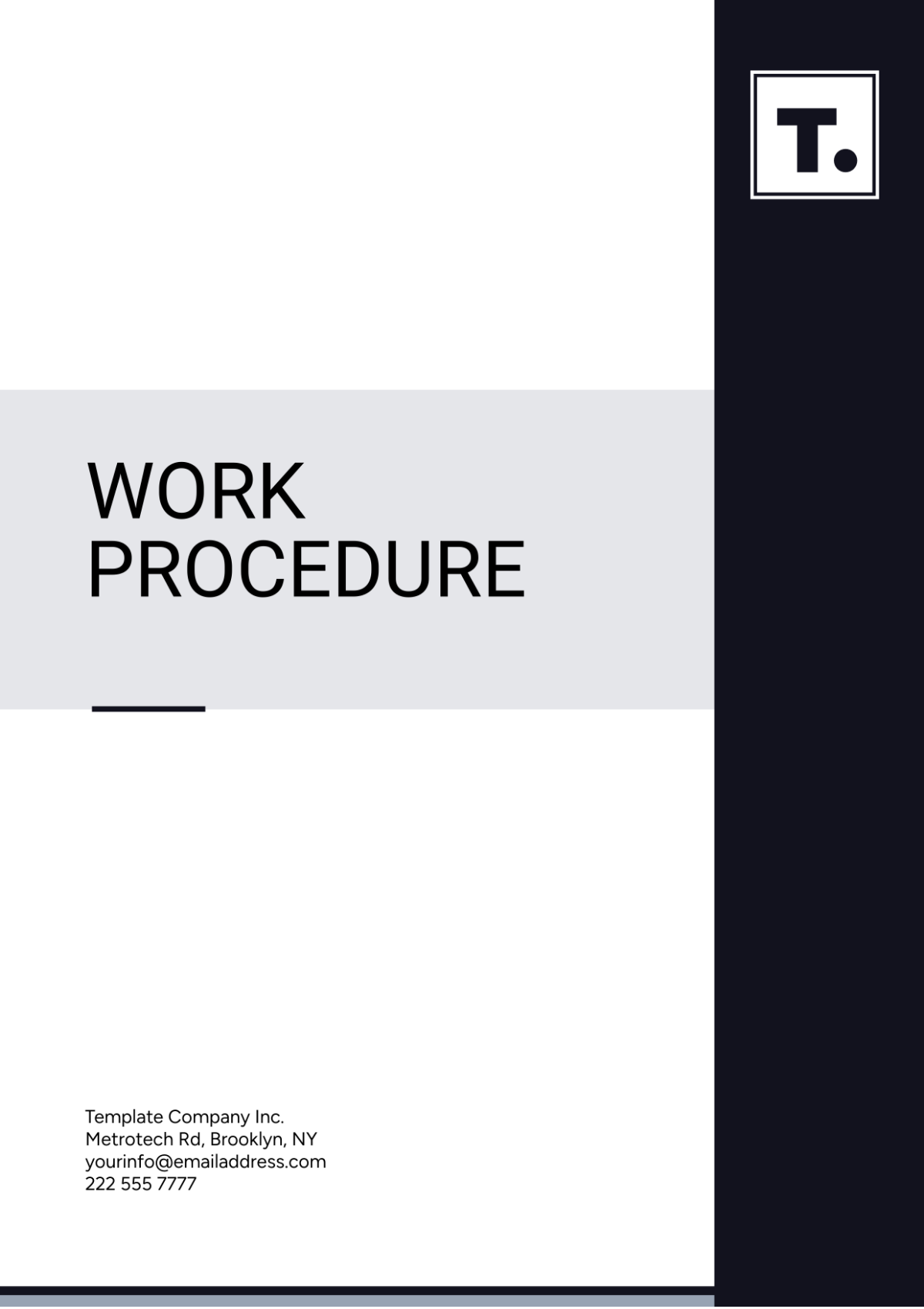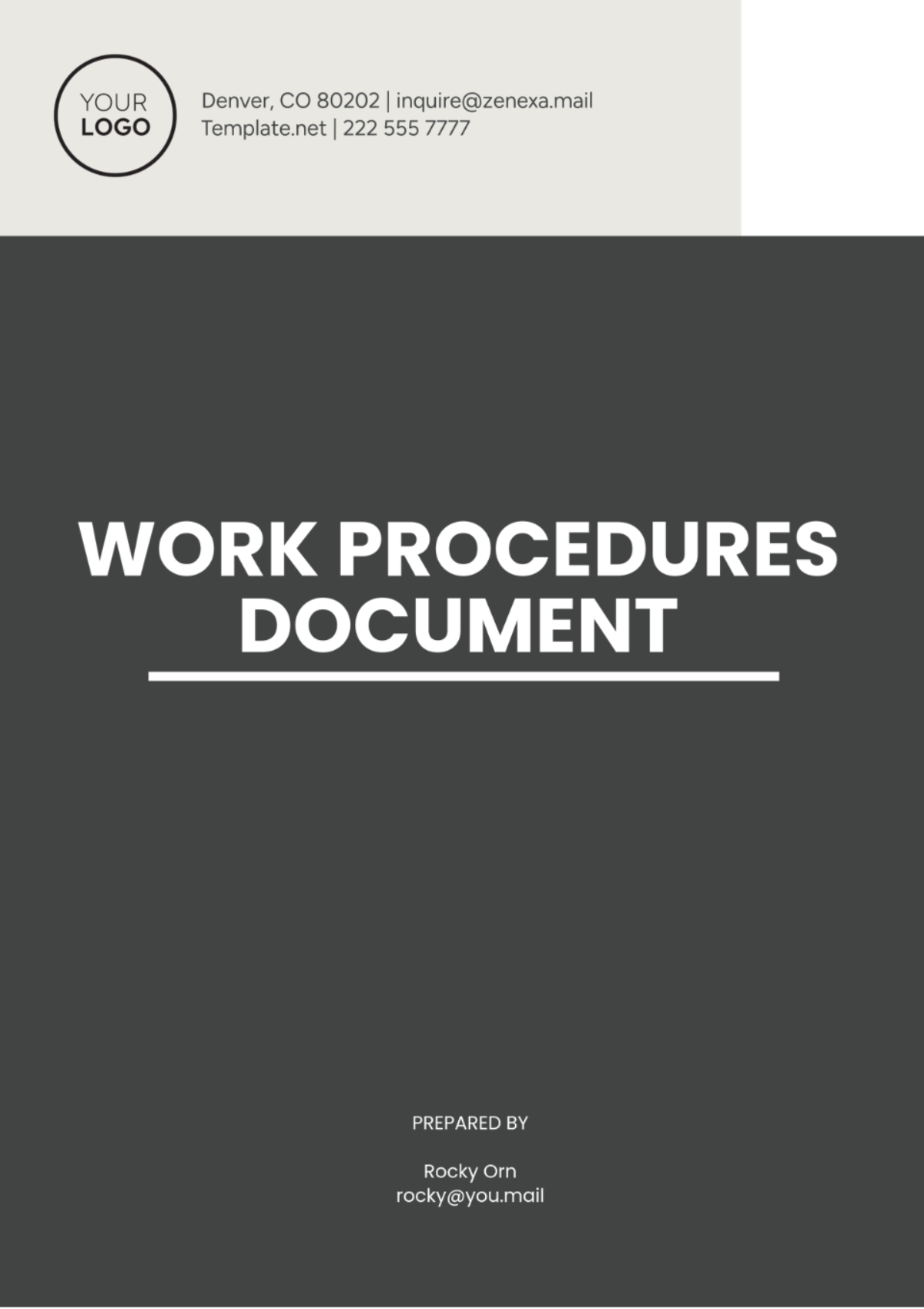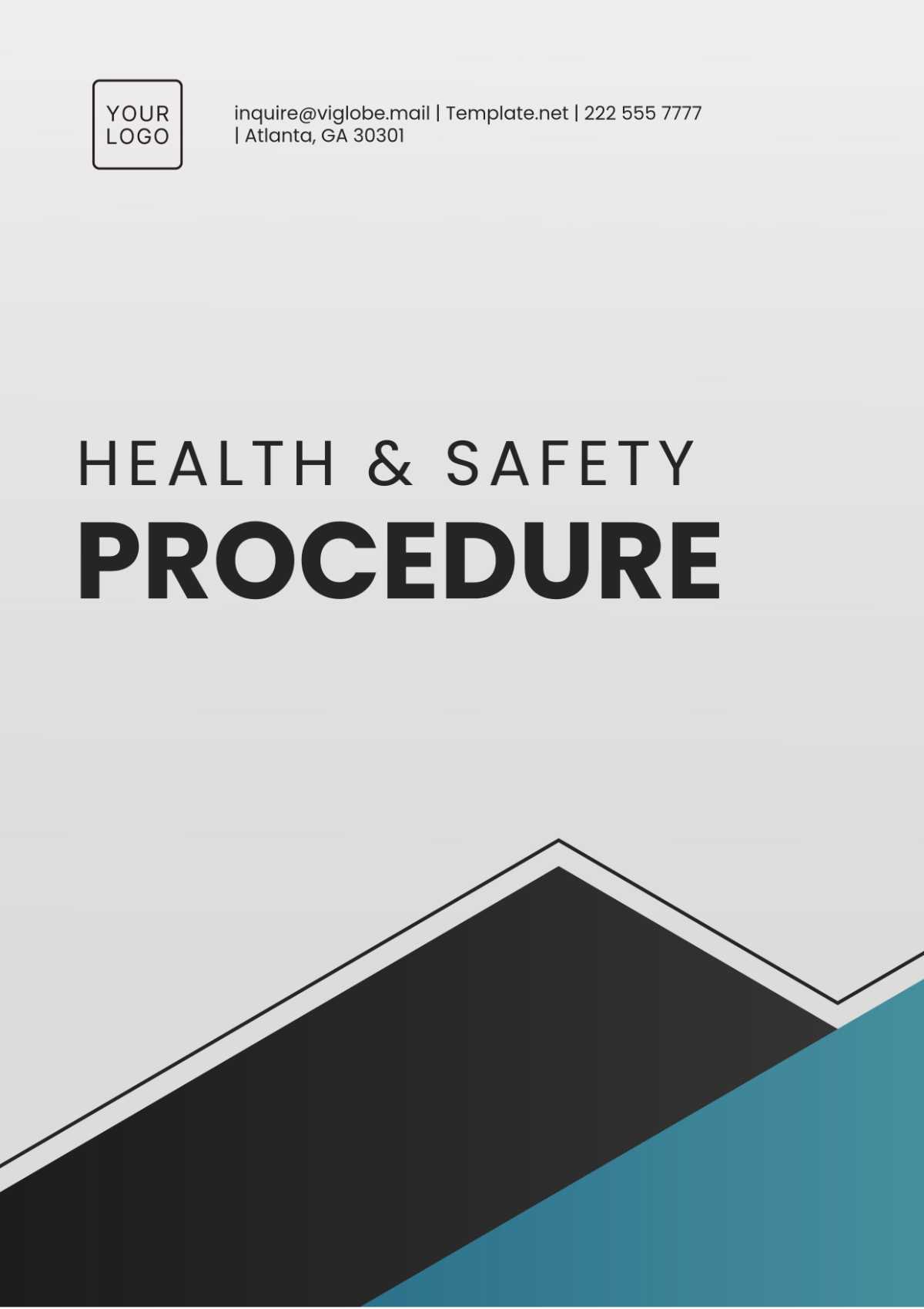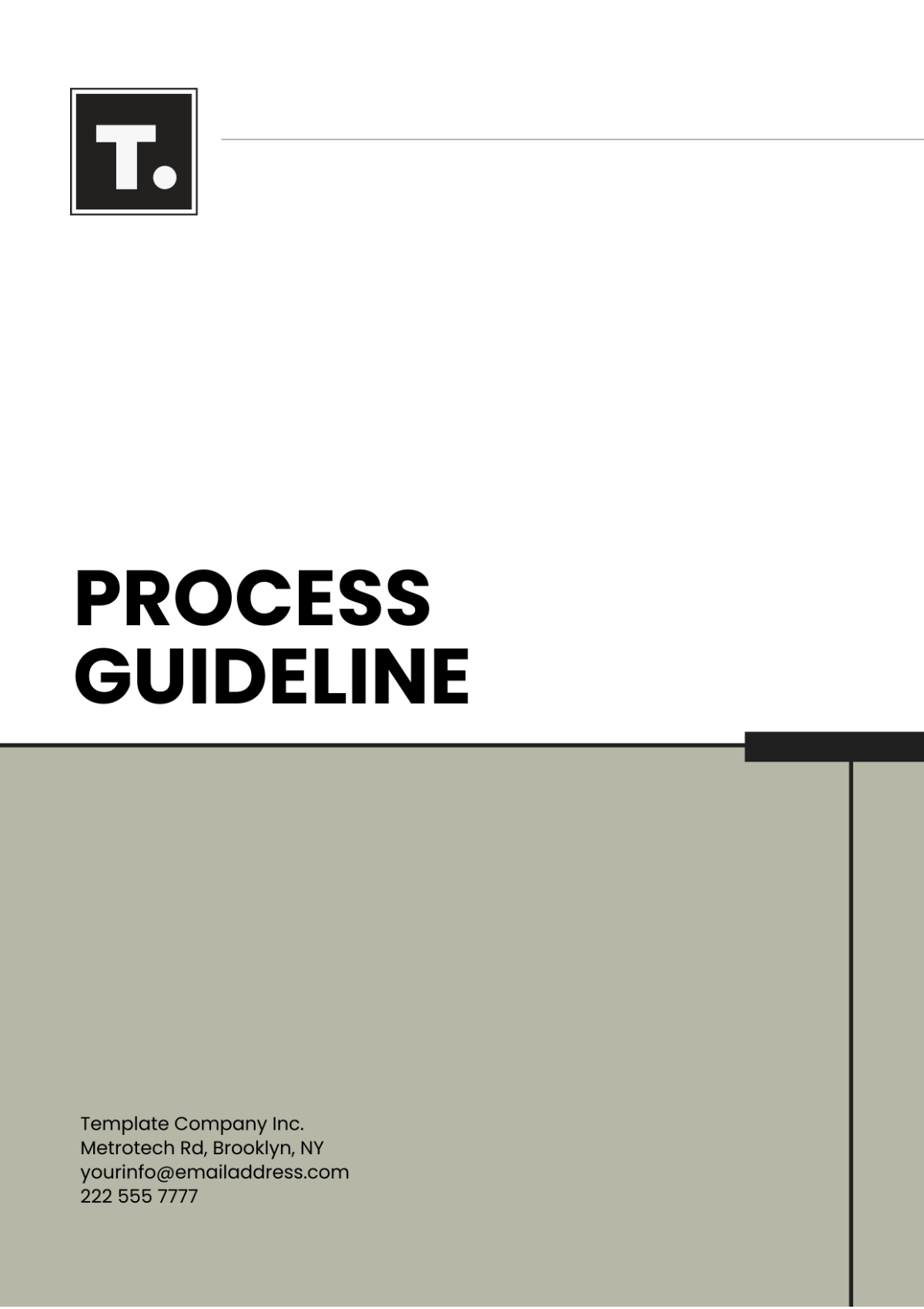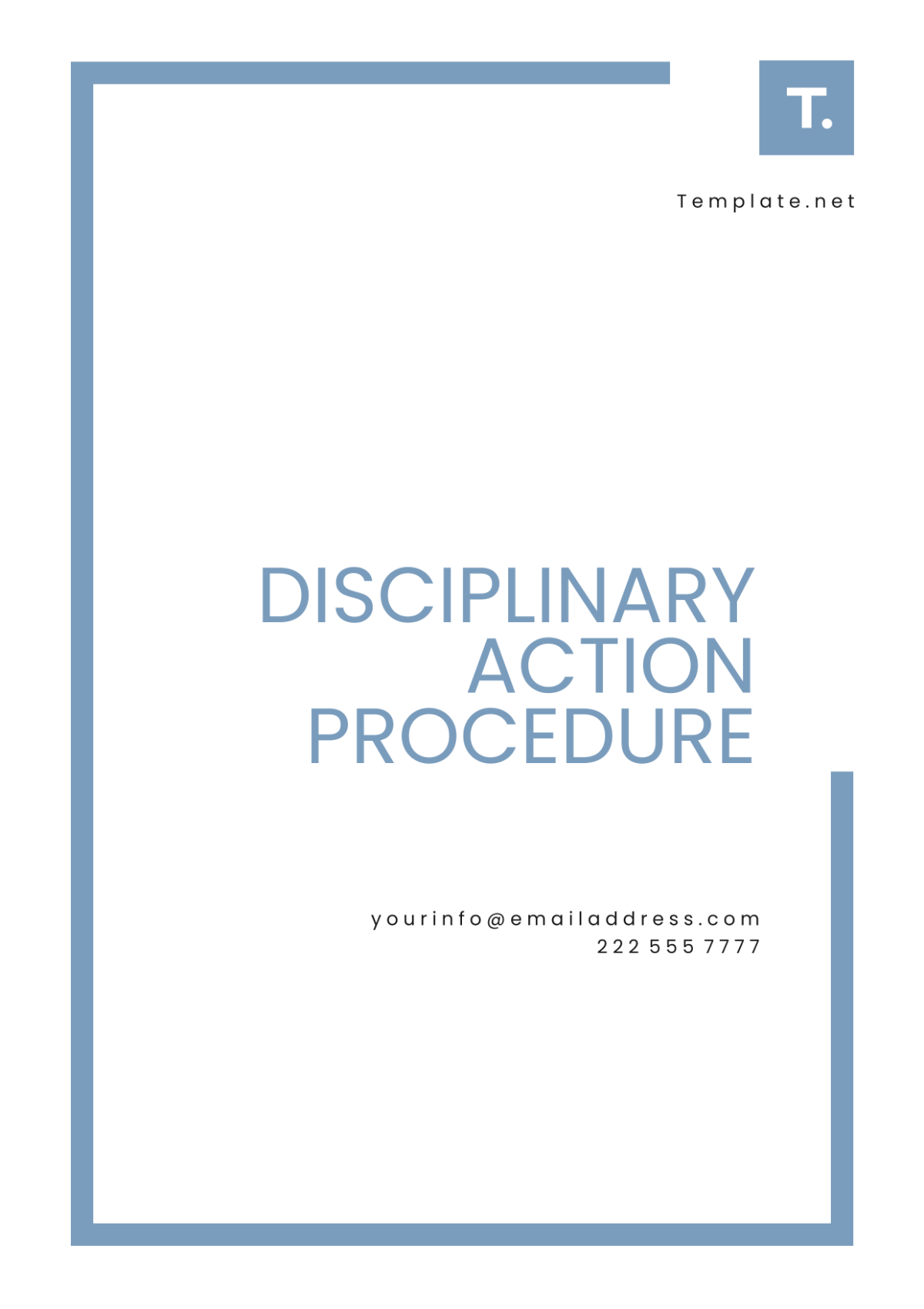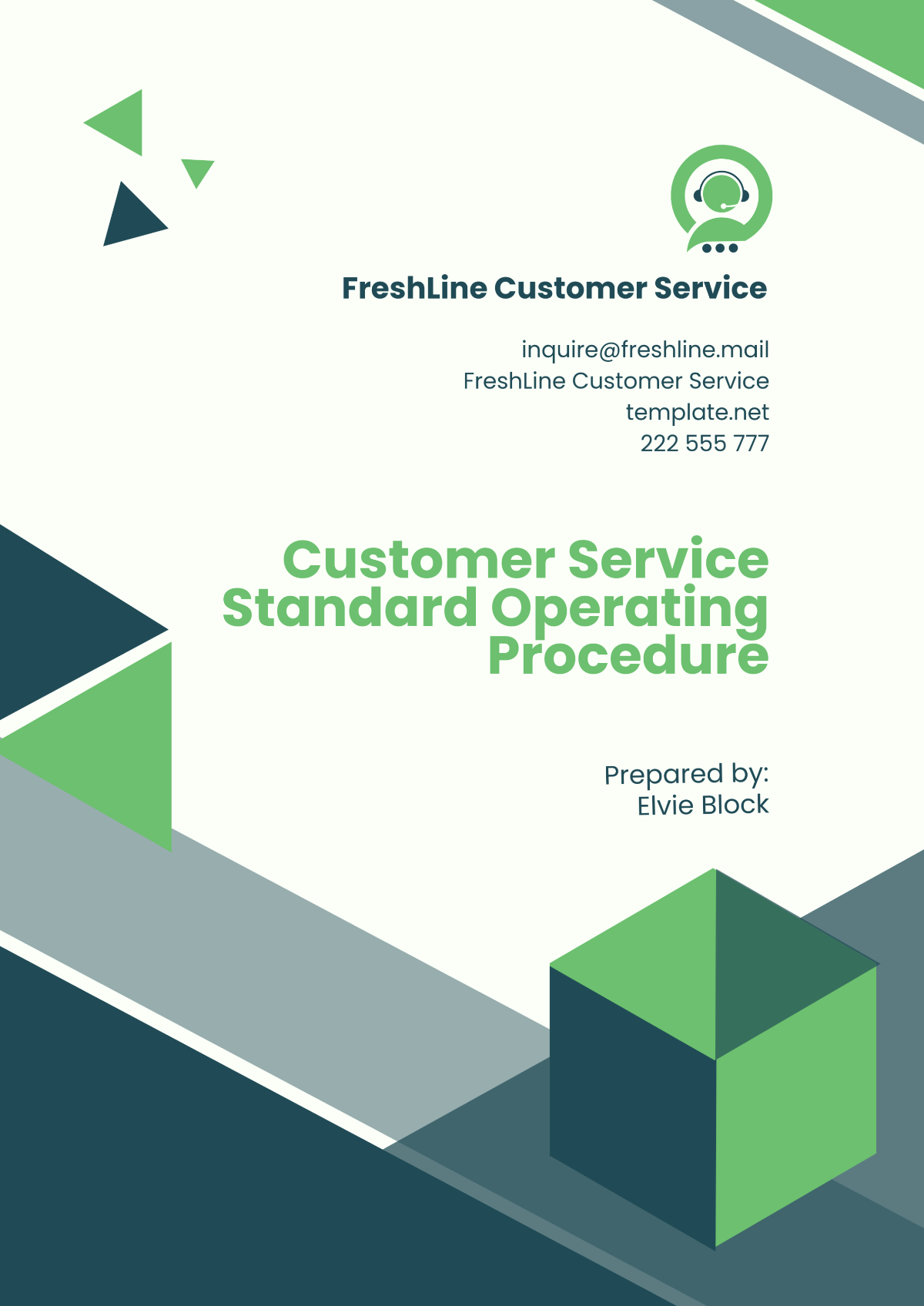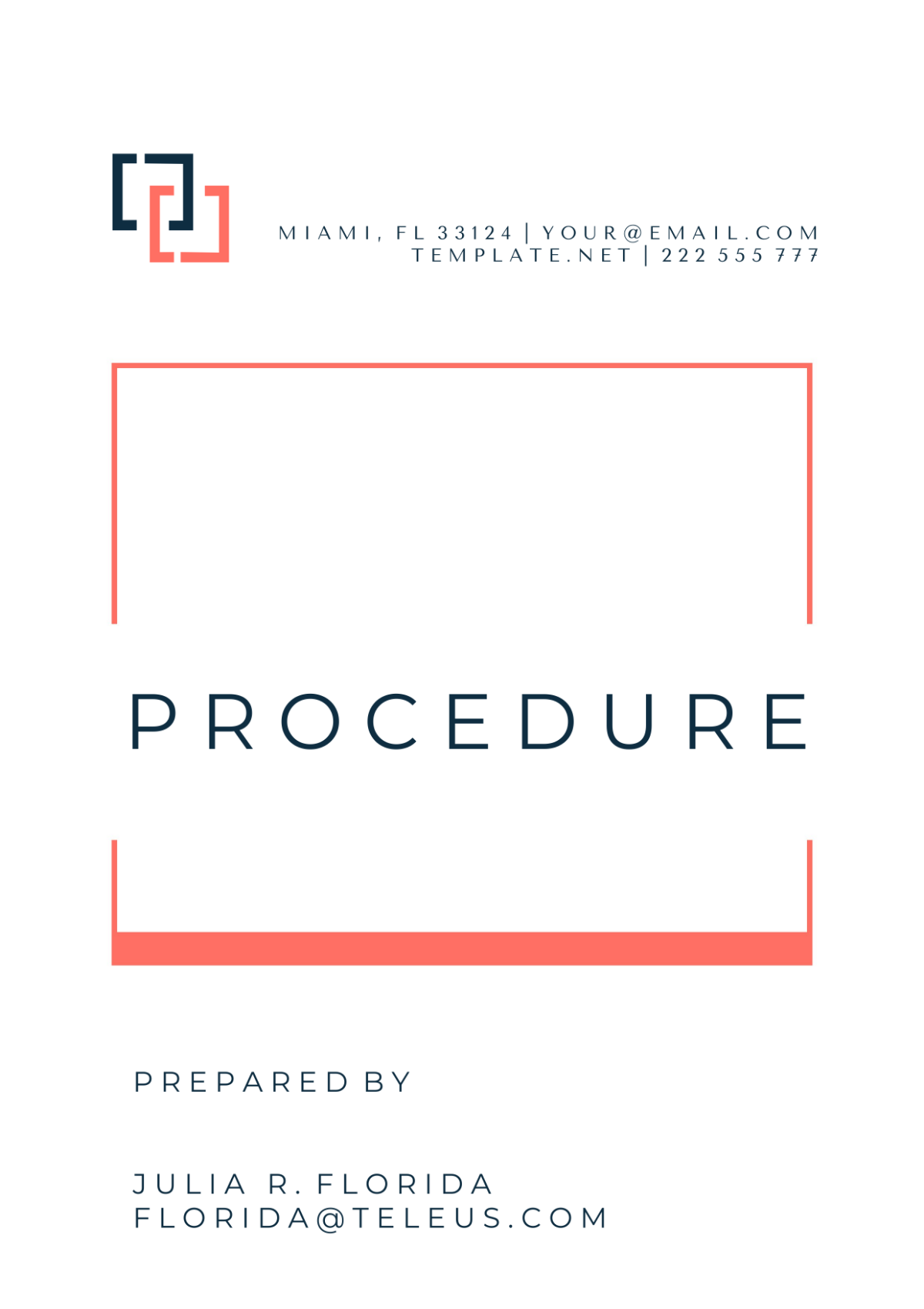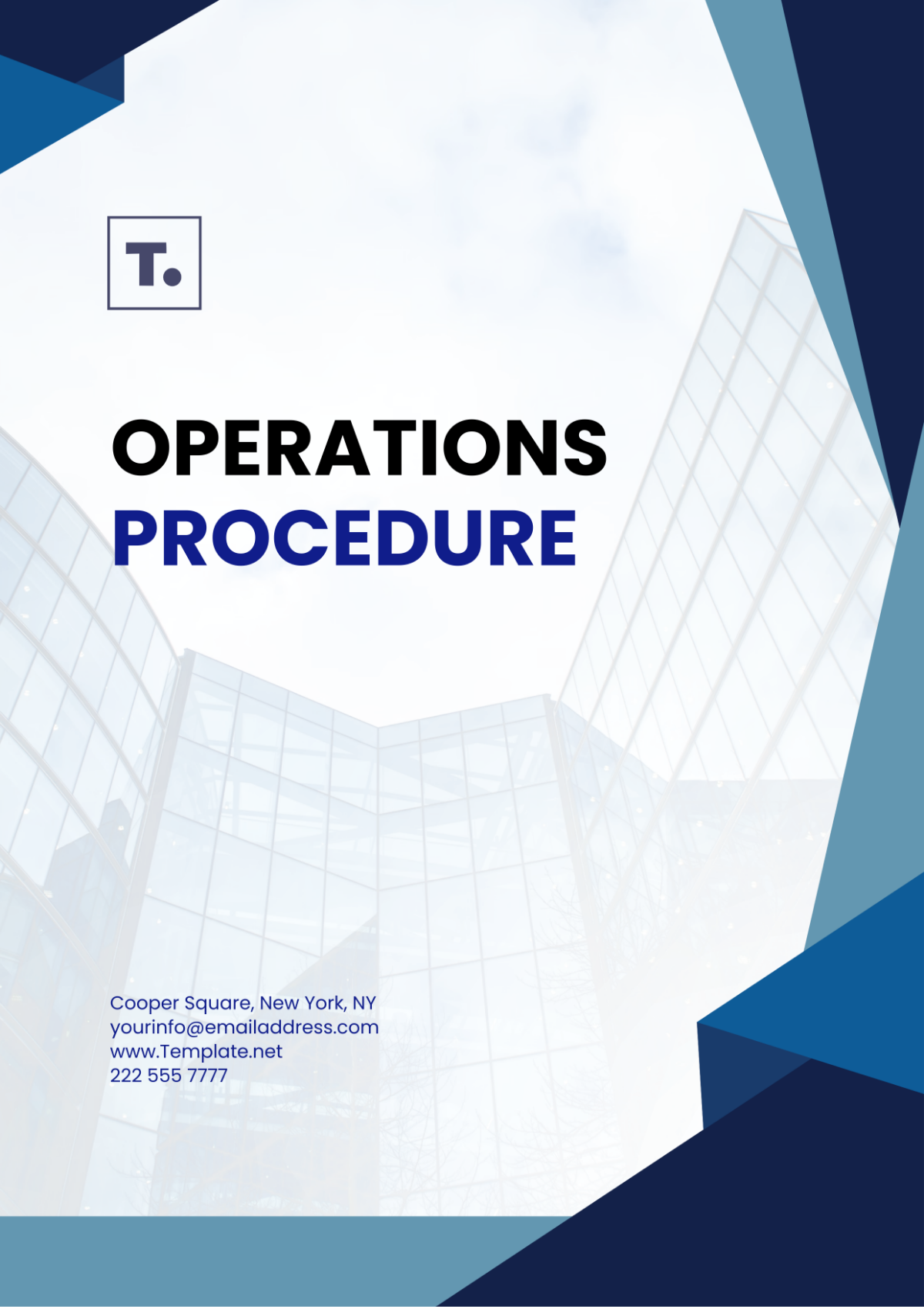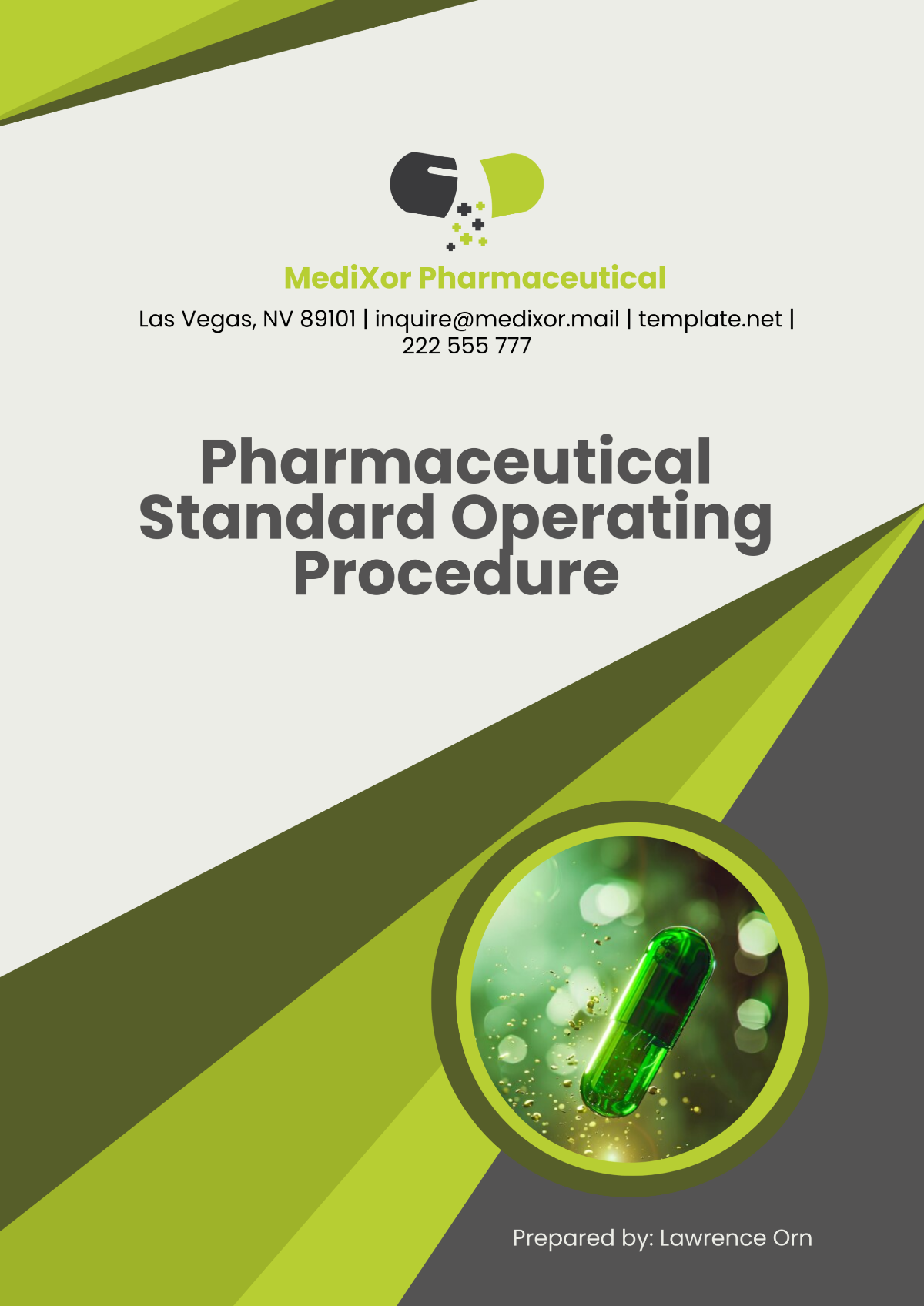Marketing SOP for Event Staff
I. Purpose and Scope
[Your Company Name] Marketing Standard Operating Procedure (SOP) for Event Staff is designed to provide a comprehensive framework for the effective planning, execution, and management of marketing efforts for events. This SOP serves as a guiding document for marketing professionals within [Your Company Name], ensuring that all marketing activities align with our company's goals and adhere to US marketing legal and standard guidelines.
The primary objective of this SOP is to establish a standardized approach to event marketing, enabling our team to consistently deliver high-quality promotional campaigns while optimizing resources. It encompasses a range of marketing activities, including event planning, content creation, promotion channels, branding, data analytics, and crisis management. By following this SOP, [Your Company Name] aims to enhance the visibility and success of events, ultimately driving customer engagement and business growth.
II. Roles and Responsibilities
Effective event marketing requires a coordinated effort from a diverse team of marketing professionals. Clear roles and responsibilities within [Your Company Name] ensure that every aspect of event marketing is well-executed. Here are the key roles and their associated responsibilities:
Event Coordinator |
|
Content Creator |
|
Social Media Manager |
|
Email Marketing Specialist |
|
Advertising Specialist |
|
SEO Specialist |
|
Branding and Messaging Expert |
|
Data Analyst |
|
Marketing Collateral Coordinator |
|
Crisis Management Team |
|
Clear communication and collaboration among these roles are essential for successful event marketing campaigns. Each team member plays a crucial role in achieving our marketing goals, and their responsibilities should be executed diligently and in alignment with our SOP.
III. Event Planning
Event planning is crucial to the success of any marketing campaign. Follow these six key steps to ensure your event aligns with [Your Company Name]'s objectives and resonates with the target audience:
IV. Content Creation
Compelling content is at the heart of effective event marketing. To engage and inform your audience, marketing professionals within [Your Company Name] must focus on creating high-quality content that aligns with the event's messaging and branding. Here's how to approach content creation:
|
|
V. Promotion Channels
To ensure the success of your event marketing efforts, it's essential to strategically choose and utilize various promotion channels that reach your target audience effectively. Consider the following channels for event promotion:
|
|
By strategically selecting and combining these promotion channels, you can create a comprehensive marketing plan that maximizes the exposure of your event and increases attendance while staying compliant with US marketing legal and standard guidelines.
VI. Event Promotion Timeline
A well-structured event promotion timeline is crucial for effectively spreading the word about your event and ensuring maximum attendance. Follow this timeline to plan and execute promotional activities:
Timeline Phase | Activities |
Pre-Event (6-12 Months Before) |
|
Early Promotion (3-6 Months Before) |
|
Mid-Promotion (1-3 Months Before) |
|
Final Push (2-4 Weeks Before) |
|
Event Week (1 Week Before) |
|
Event Day |
|
Post-Event (1-2 Weeks After) |
|
VII. Branding and Messaging
Effective branding and messaging are vital for creating a consistent and memorable identity for your event. Focus on the following principles:
|
|
By establishing a strong and consistent brand identity and messaging strategy, you can create a compelling and memorable event that resonates with your audience and reinforces your brand's presence.
VIII. Marketing Collateral
Marketing collateral plays a pivotal role in conveying essential information about your event and leaving a lasting impression on attendees. You should focus on the following key aspects:
Design Consistency: Ensure all marketing collateral, including flyers, brochures, banners, and promotional materials, aligns with the event's branding and messaging guidelines.
Visual Appeal: Create visually appealing and engaging collateral that captures the attention of potential attendees and reflects the event's identity.
Information Clarity: Present event details, schedules, and highlights clearly and concisely to provide attendees with valuable information.
Distribution Strategy: Plan how and when marketing collateral will be distributed, whether through physical copies, digital downloads, or on-site availability.
Feedback Collection: Include mechanisms for collecting attendee feedback on the collateral's effectiveness and content.
By paying attention to these factors, you can ensure that your marketing collateral enhances the overall event experience, reinforces your brand, and effectively communicates your event's value proposition.
IX. Data Analytics and Reporting
Effective data analytics and reporting are essential for measuring the success of your event marketing efforts and making data-driven decisions. By following these six key actions, [Your Company Name] can effectively leverage data analytics and reporting to improve event marketing strategies and achieve better outcomes:
X. Crisis Management
By implementing a comprehensive crisis management plan, [Your Company Name] can minimize the impact of unexpected issues, protect its reputation, and ensure the safety and satisfaction of event attendees.
Marketing Templates @ Template.net
